Understanding the One Big Beautiful Bill Act (OBBBA) with Brian Fortune, Founder, Farragut Square Group
Some of our clients



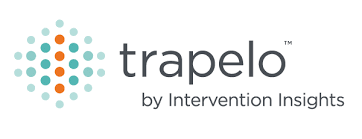


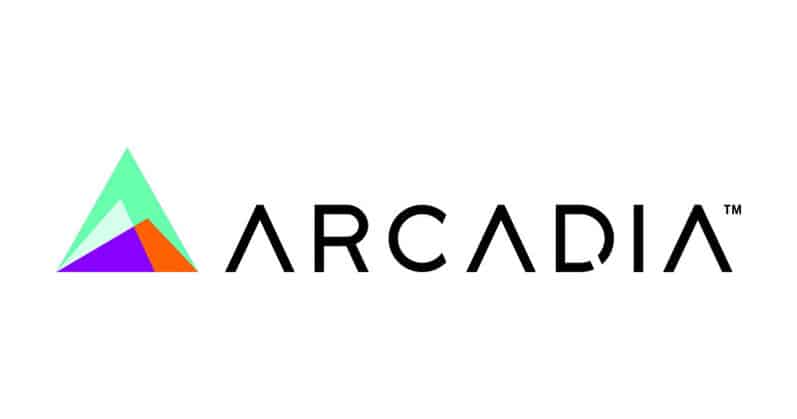
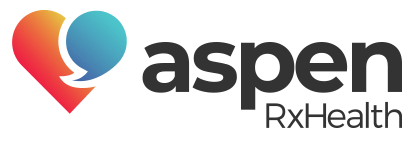

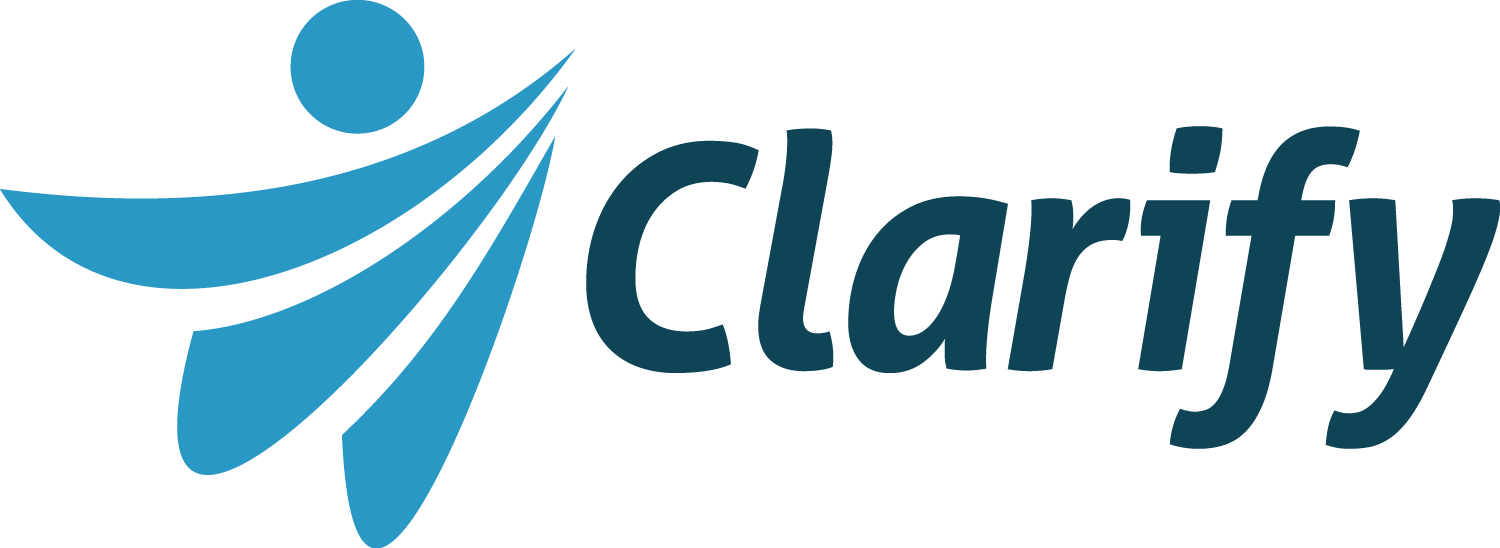
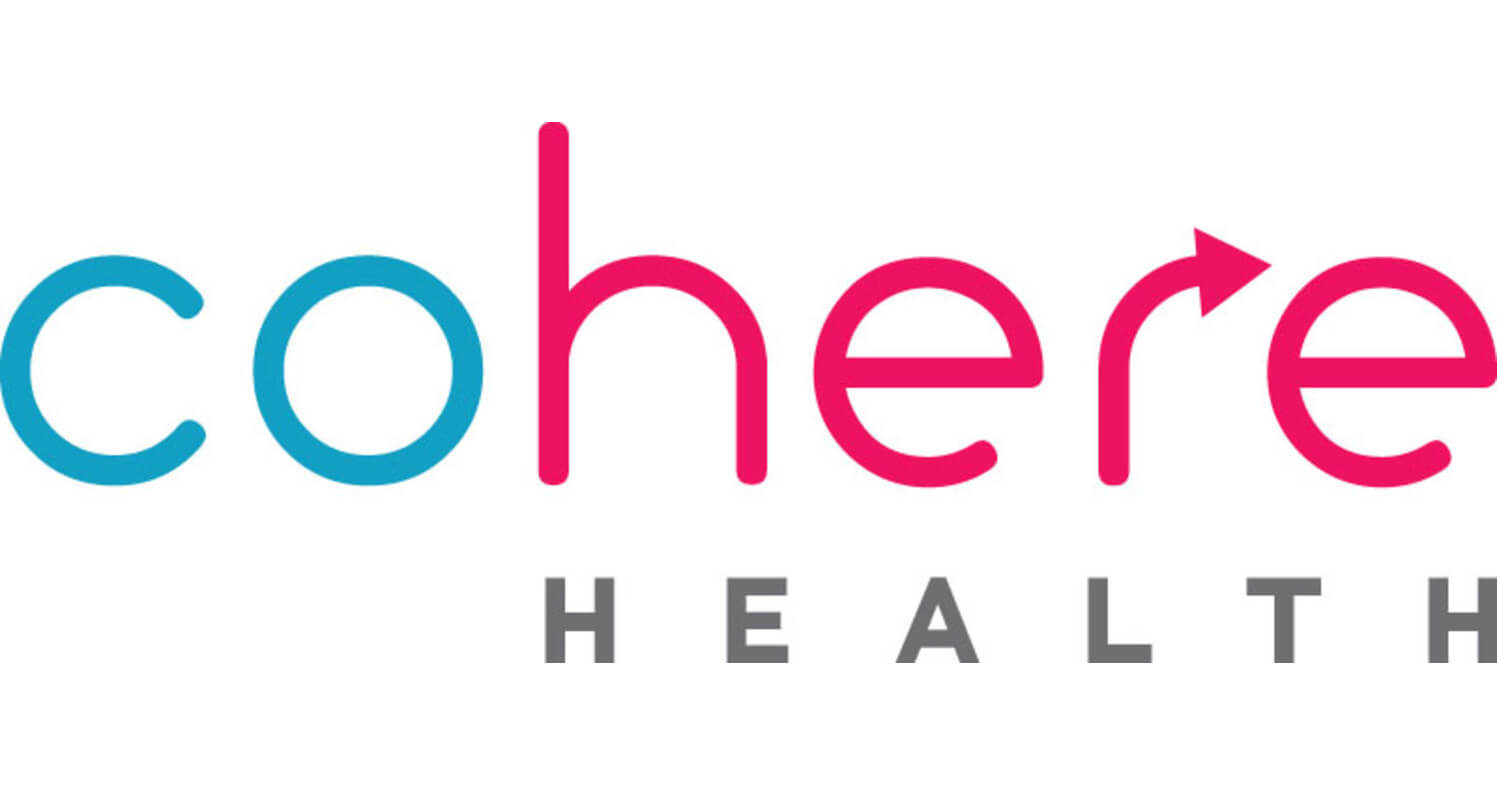
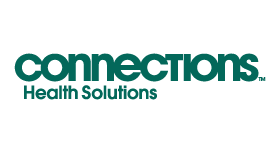

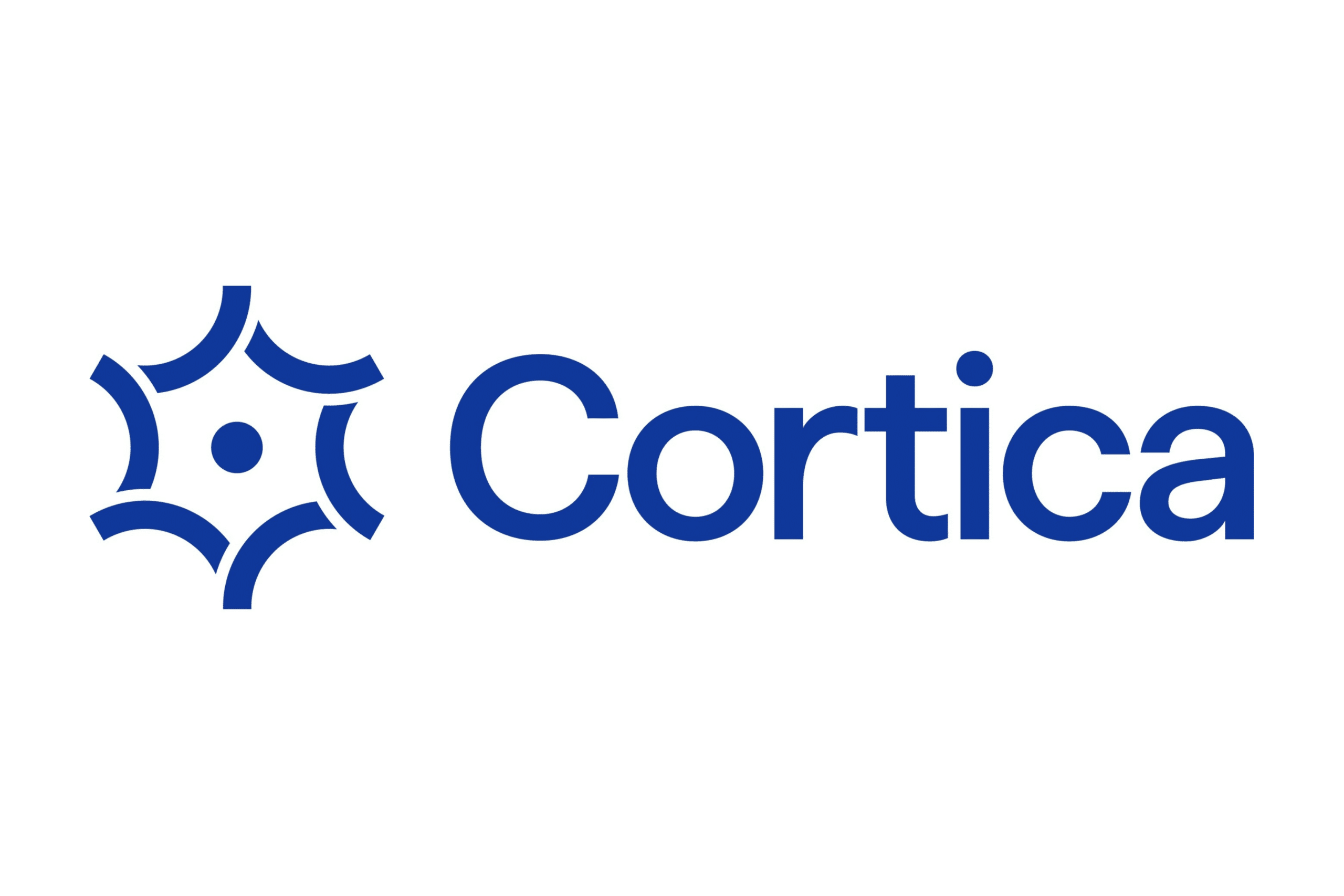
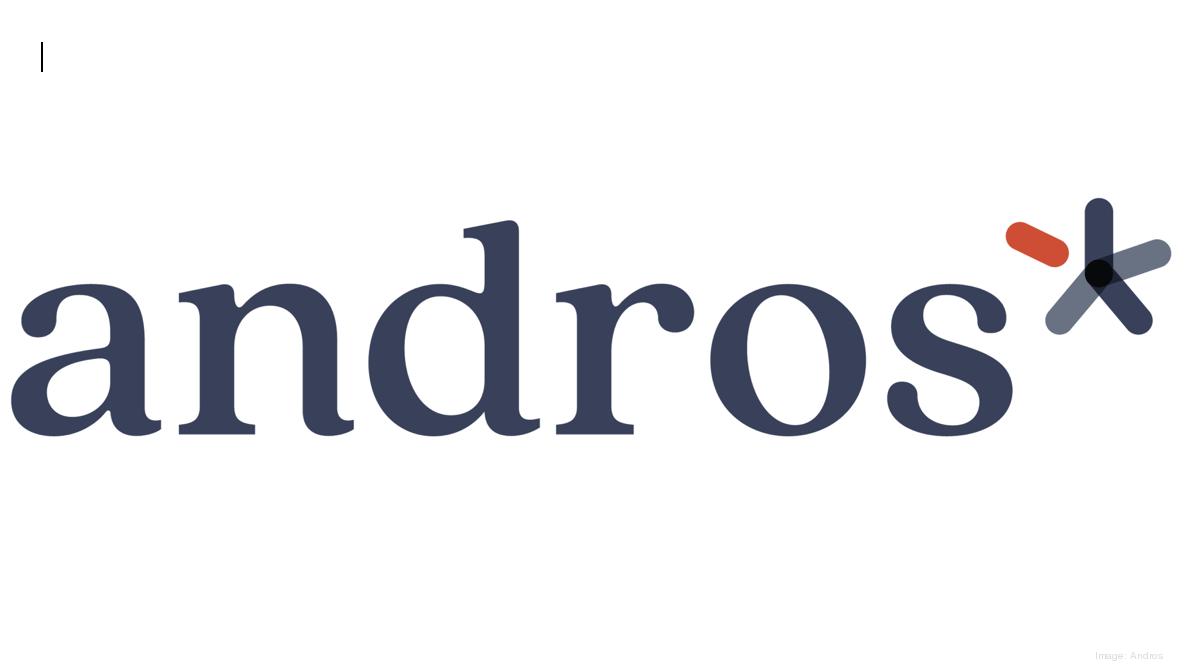

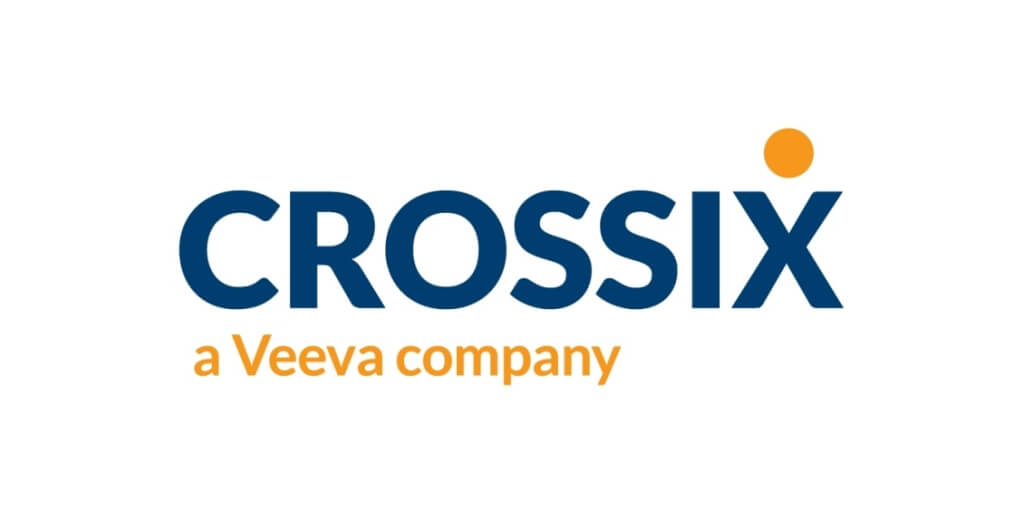
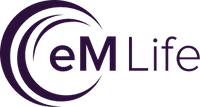
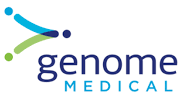
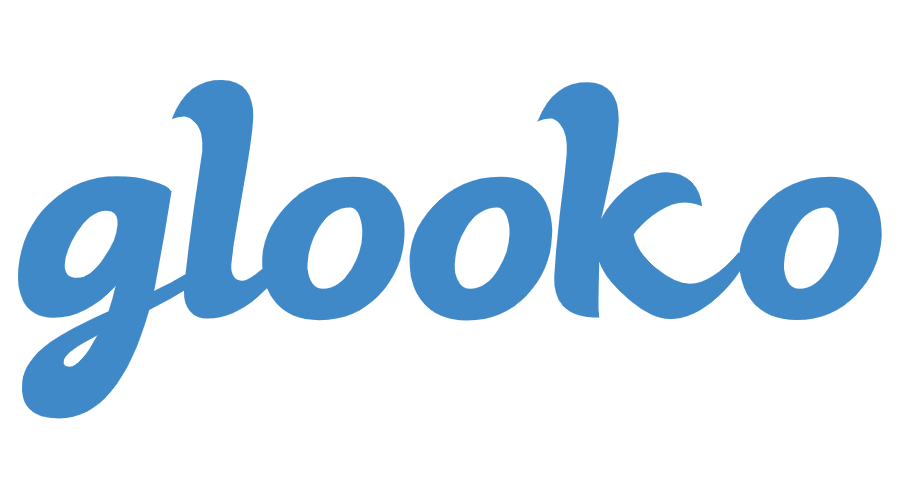
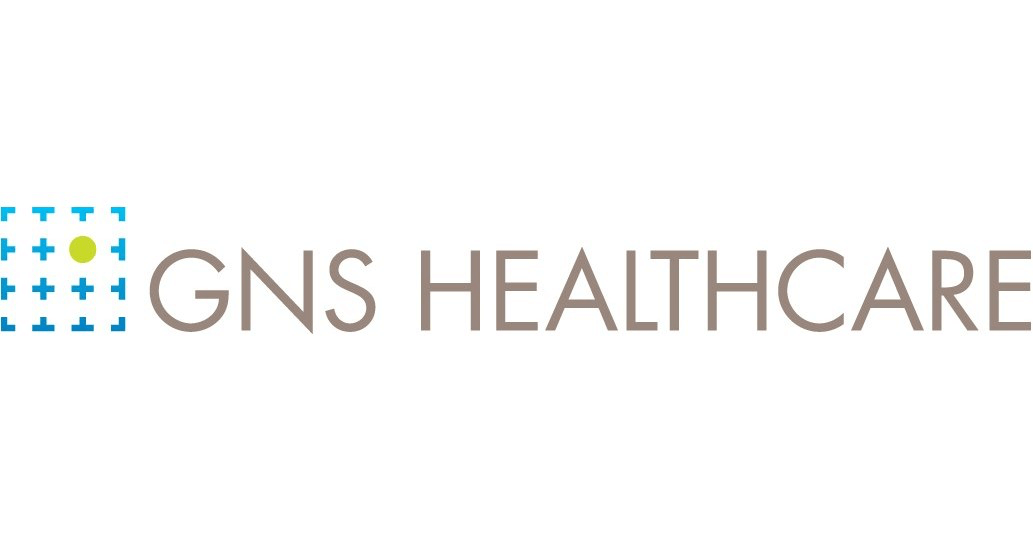
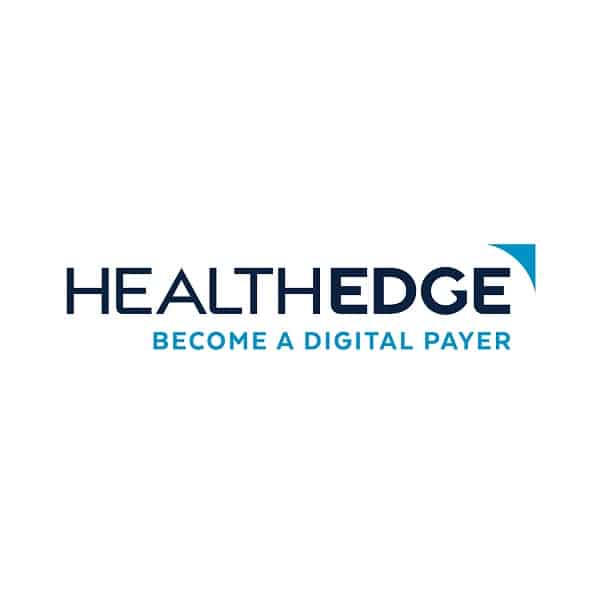





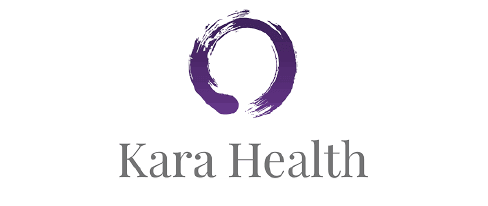

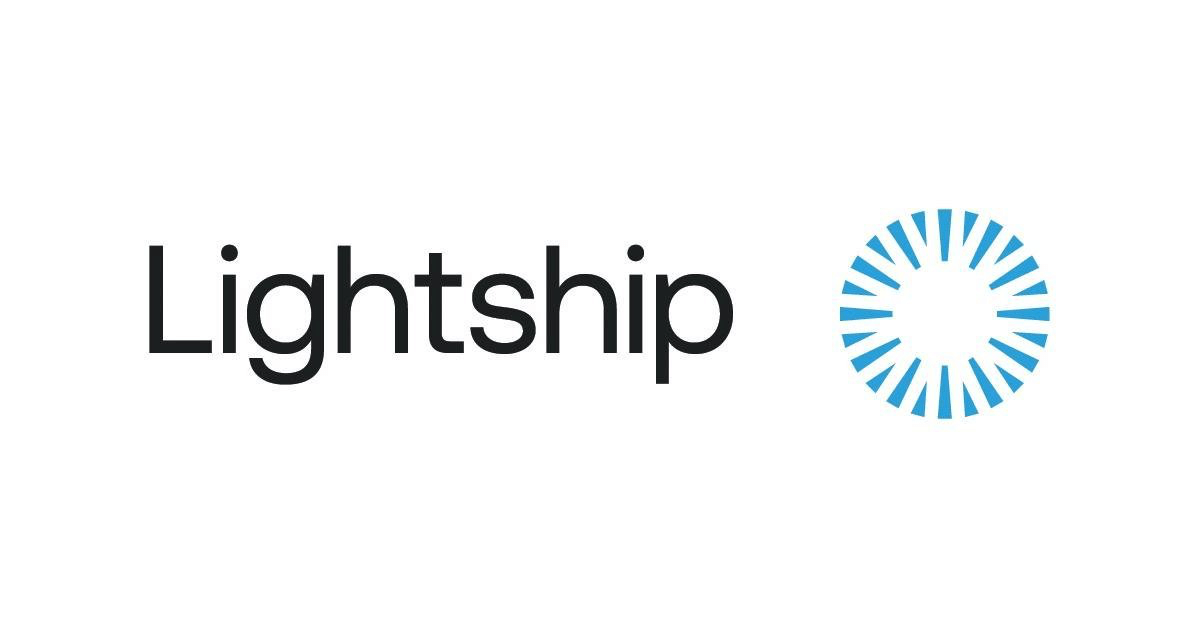


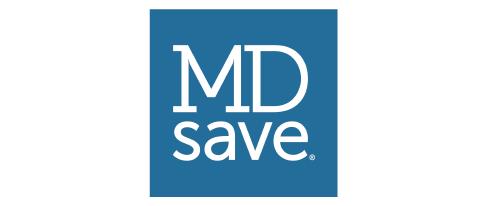



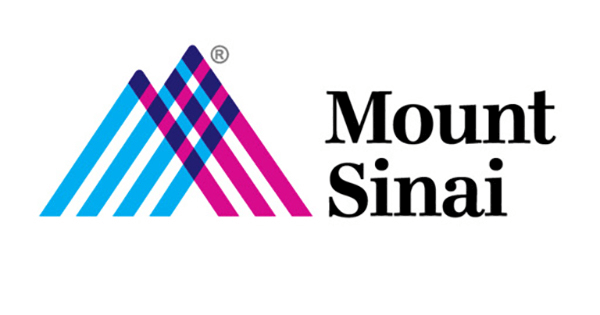




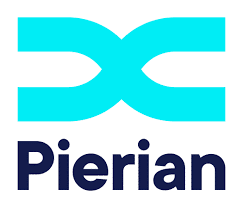
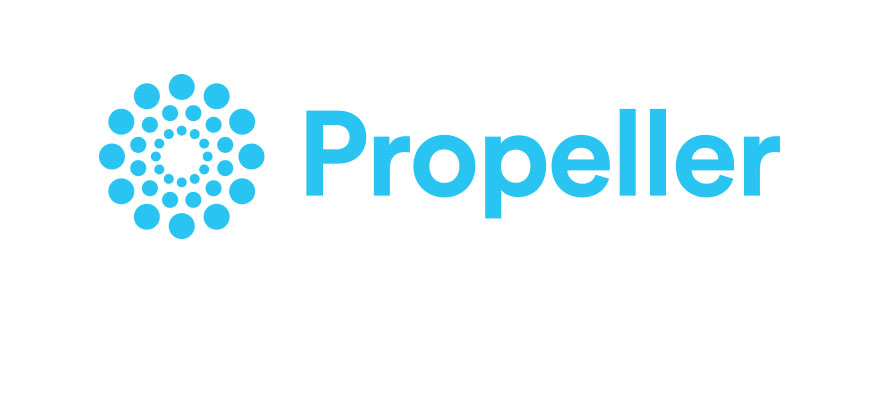


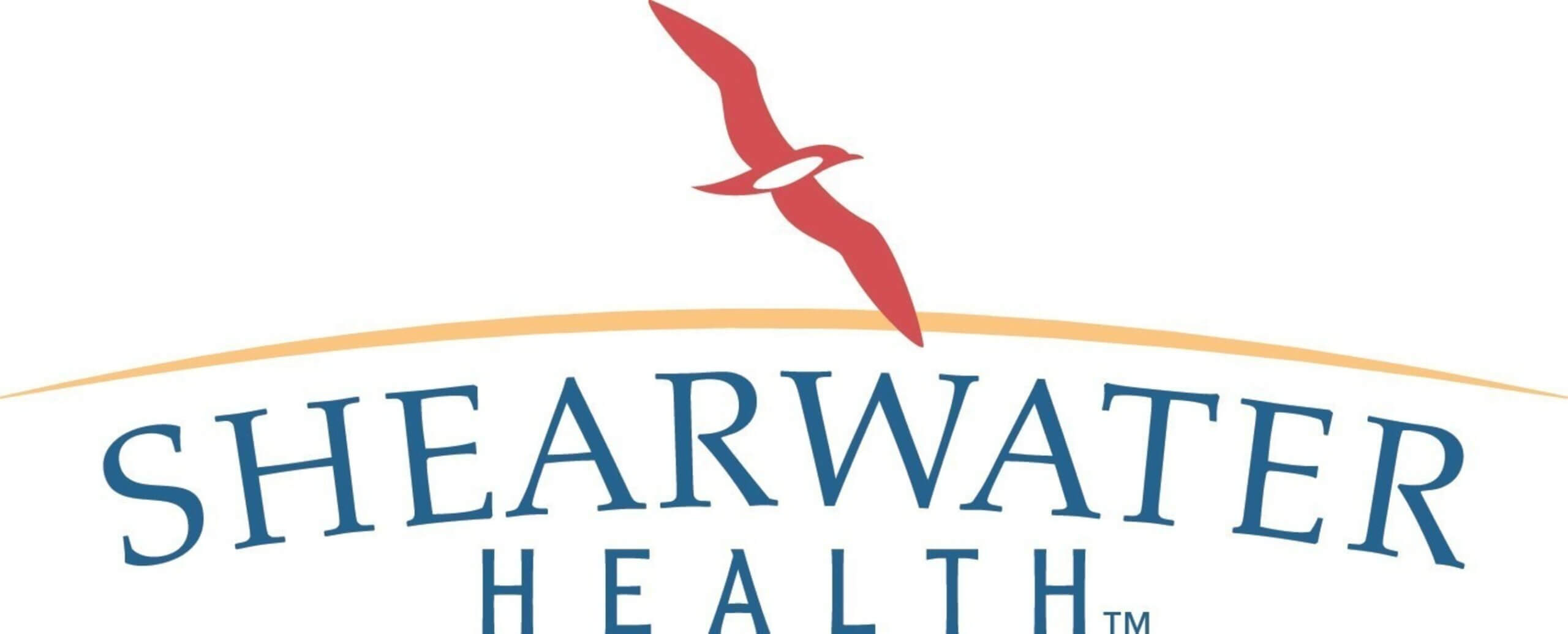


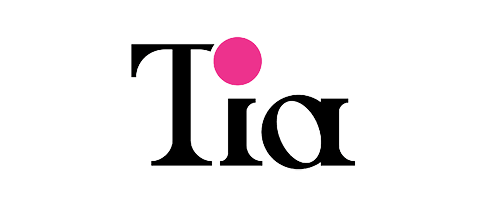

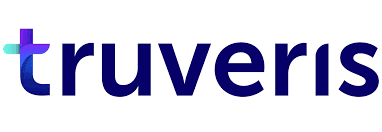

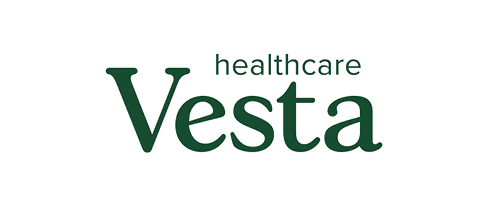
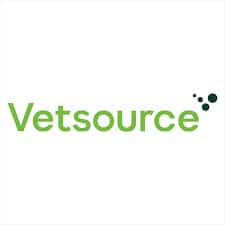
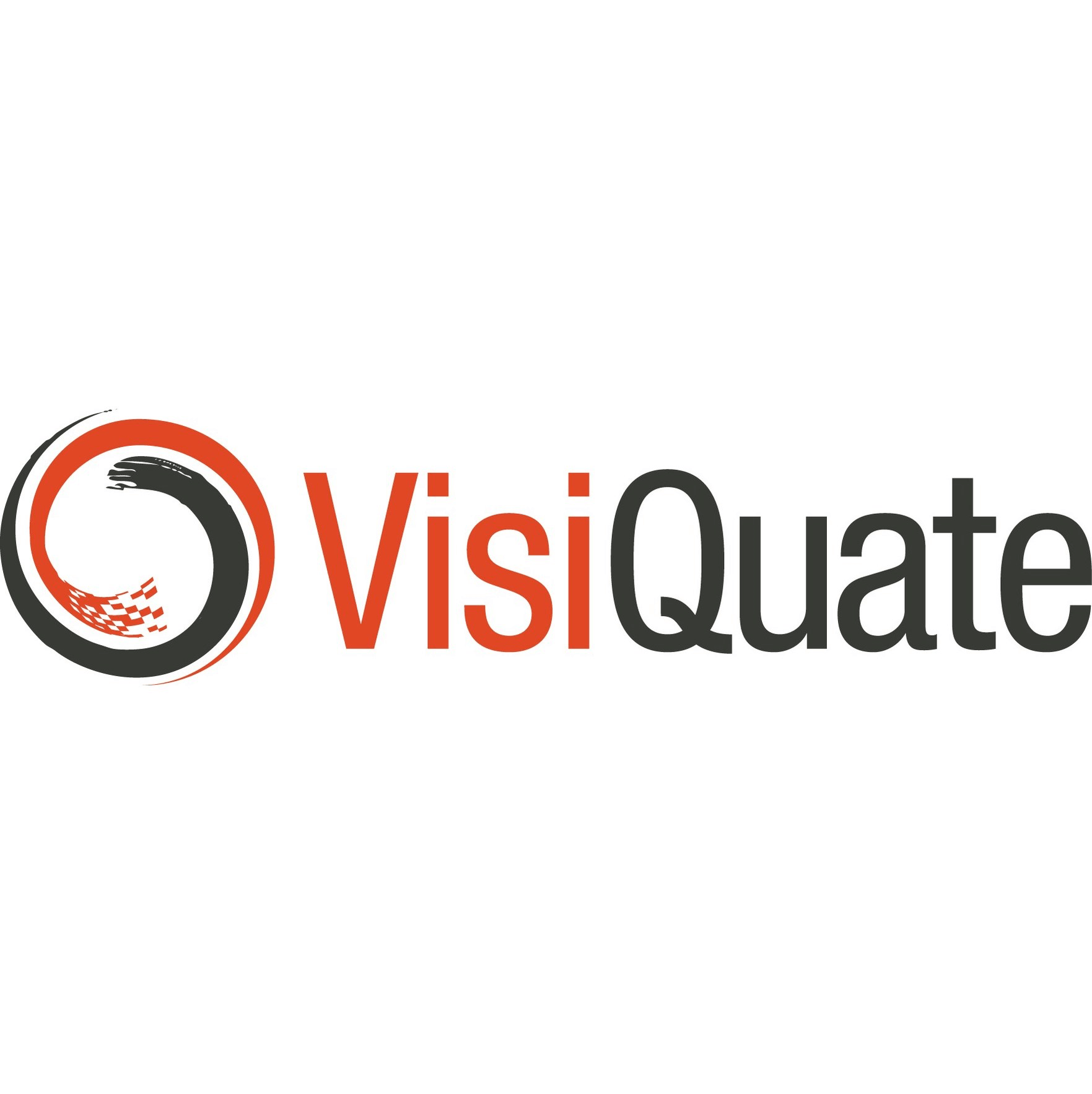
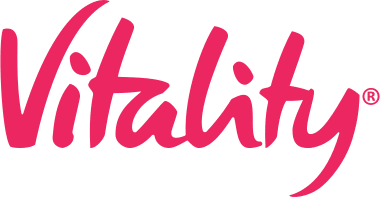







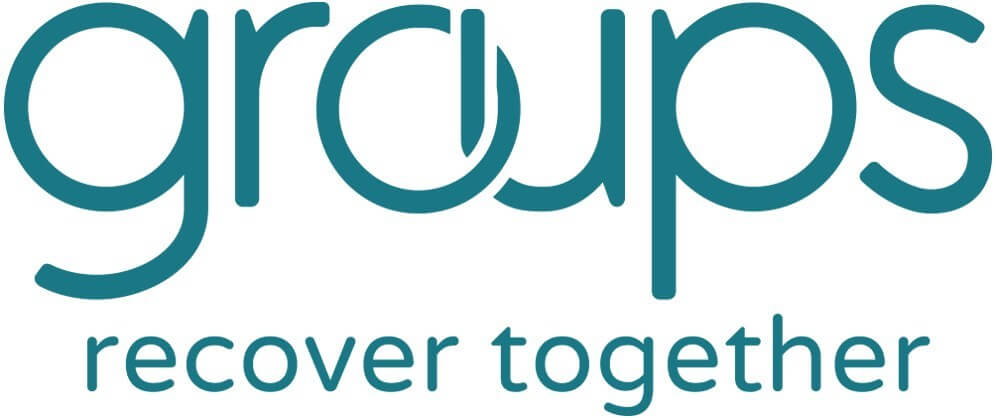

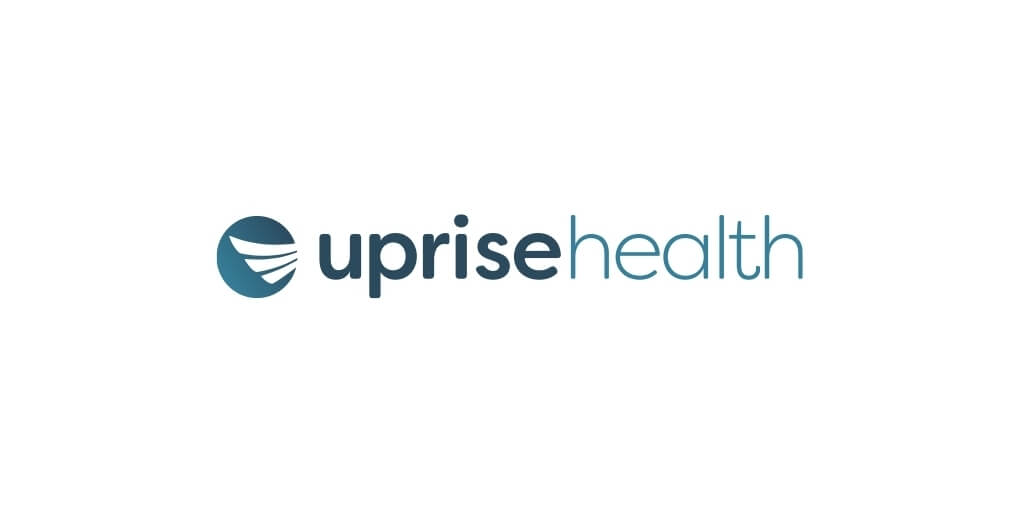


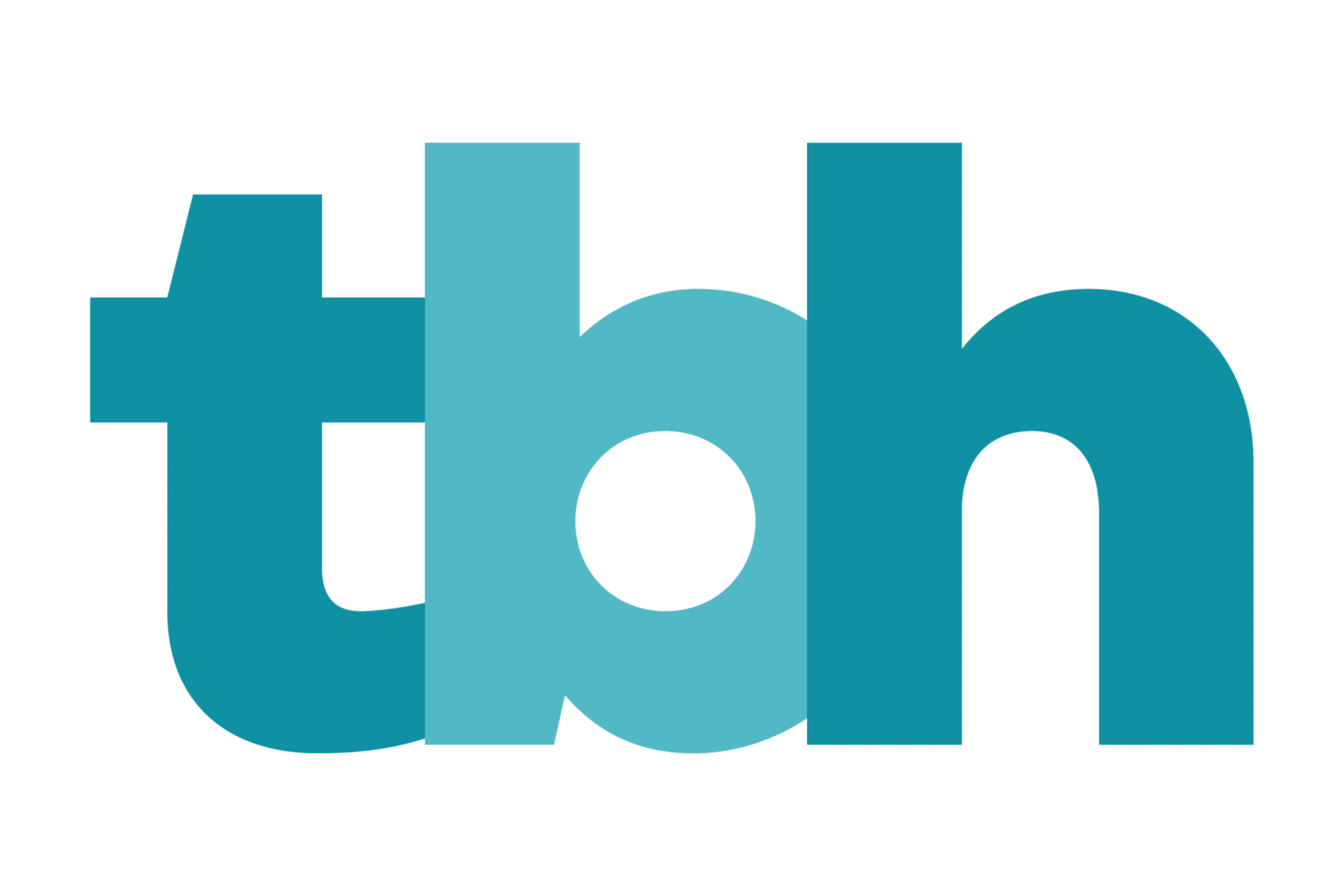


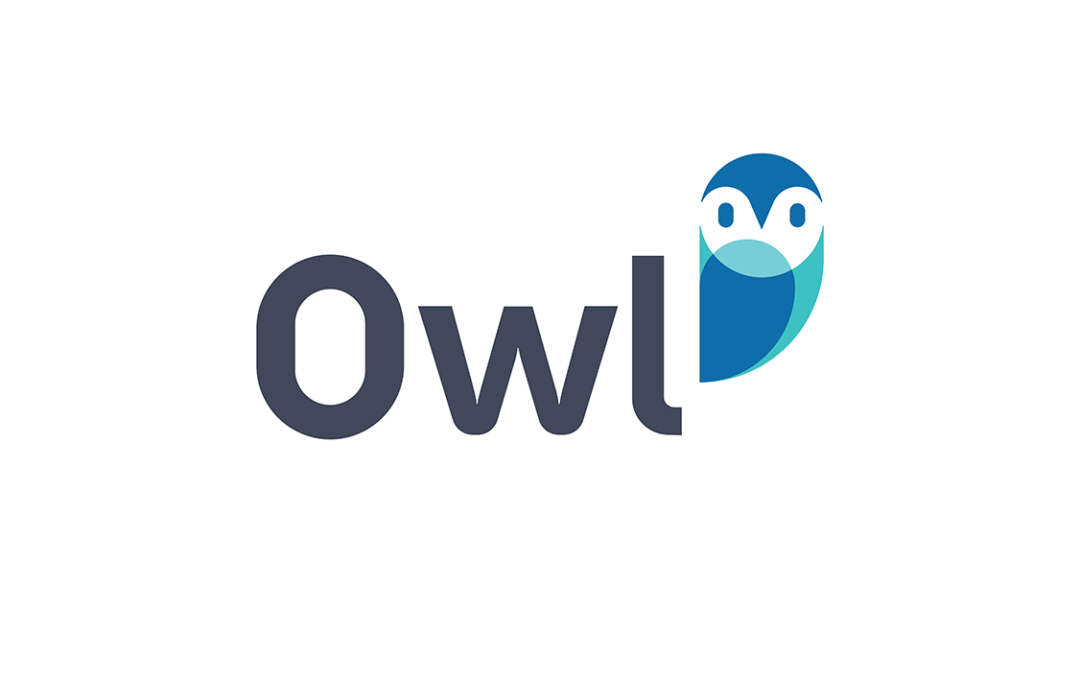


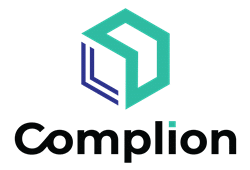
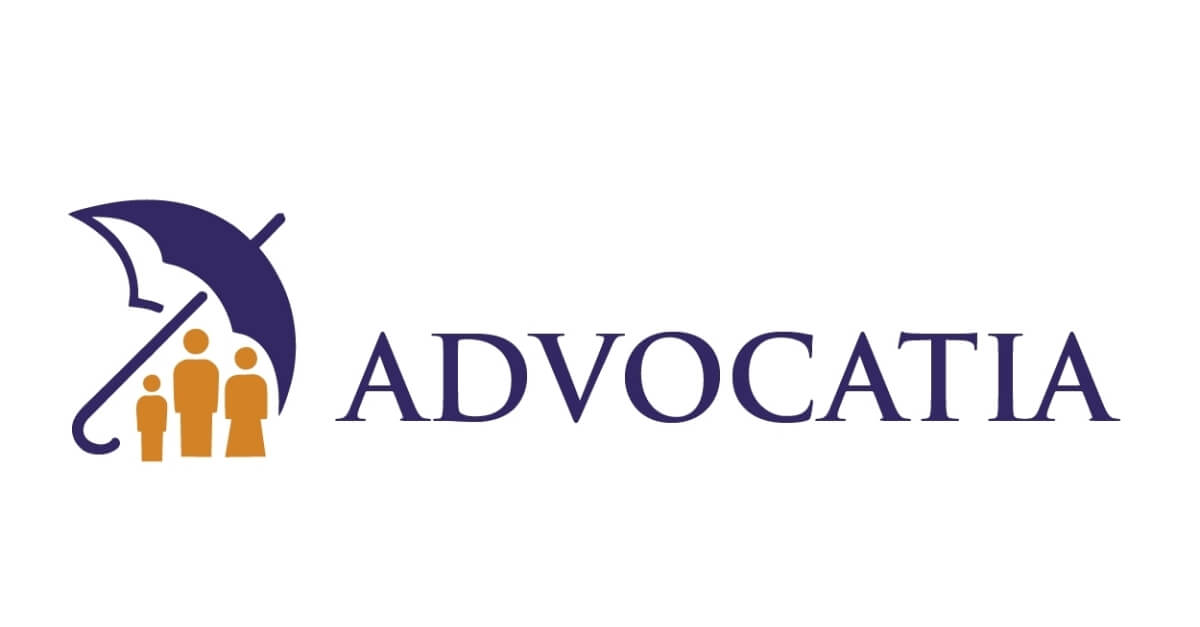
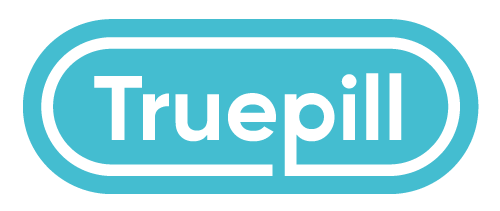
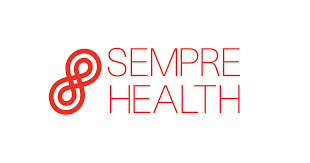
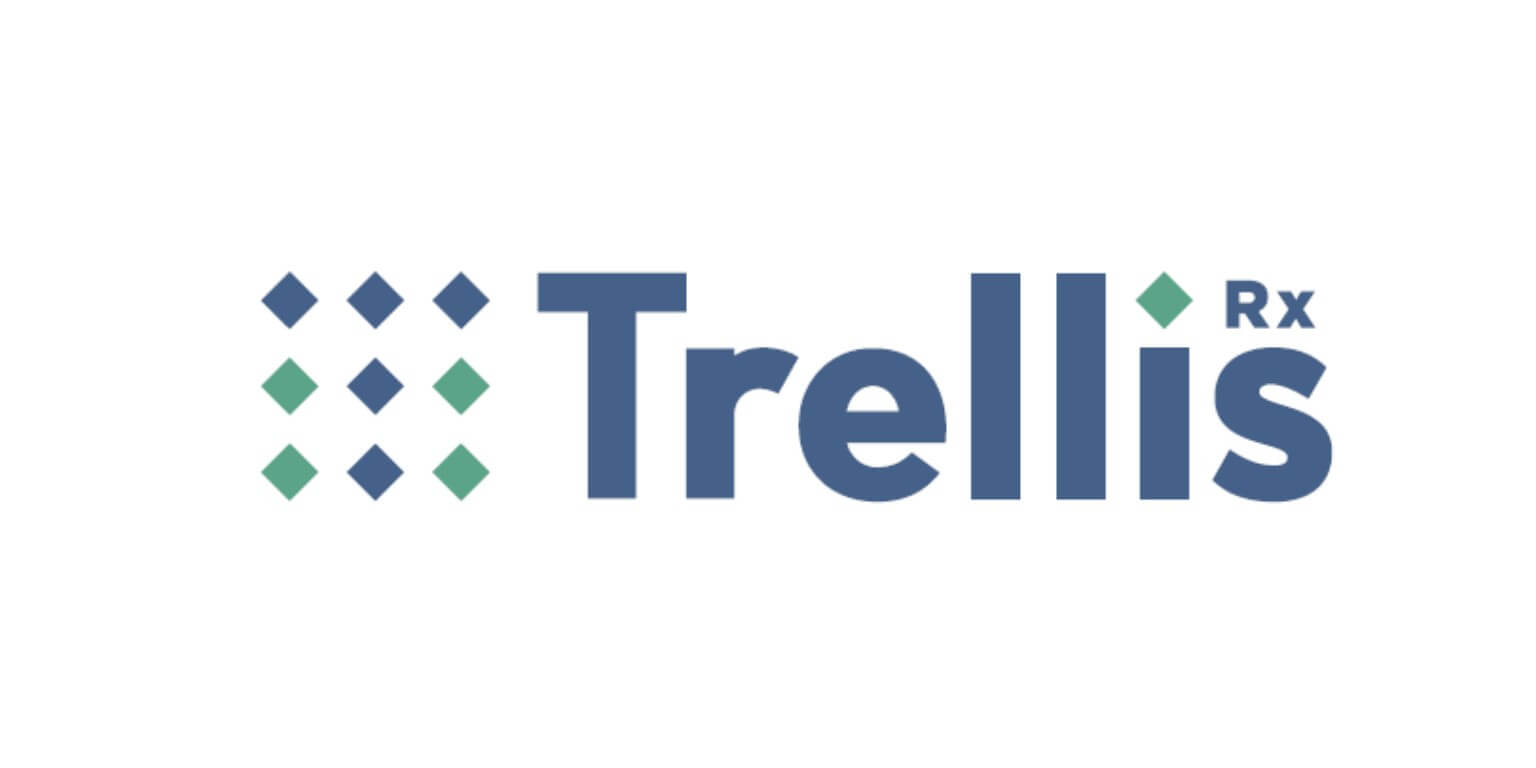

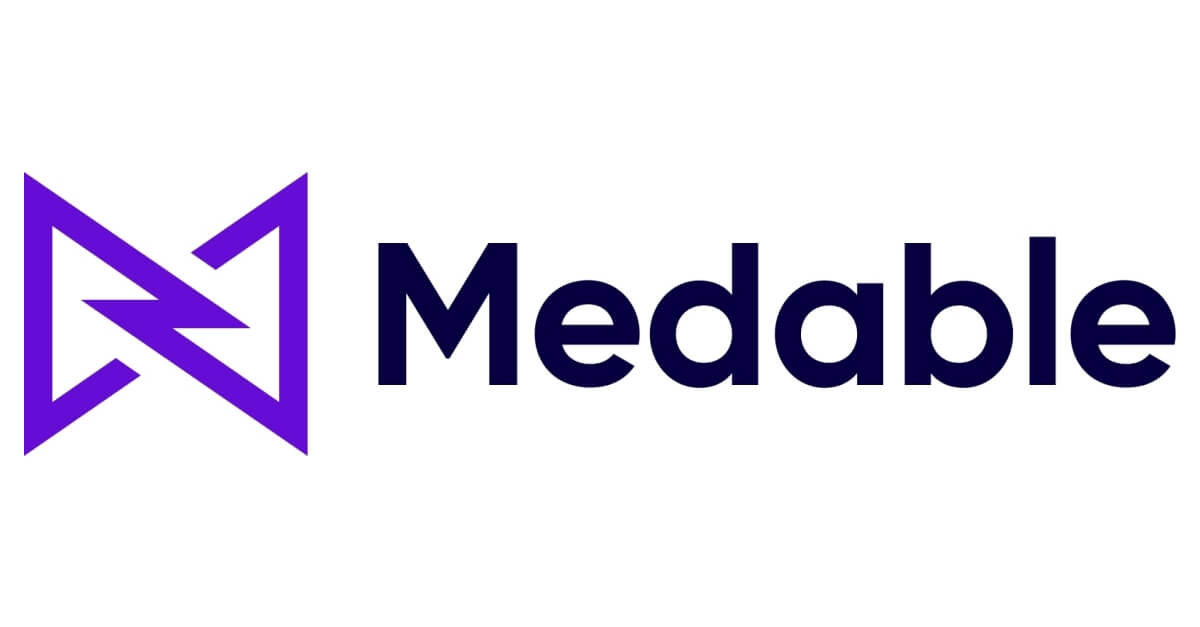


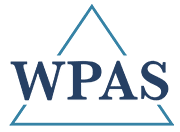

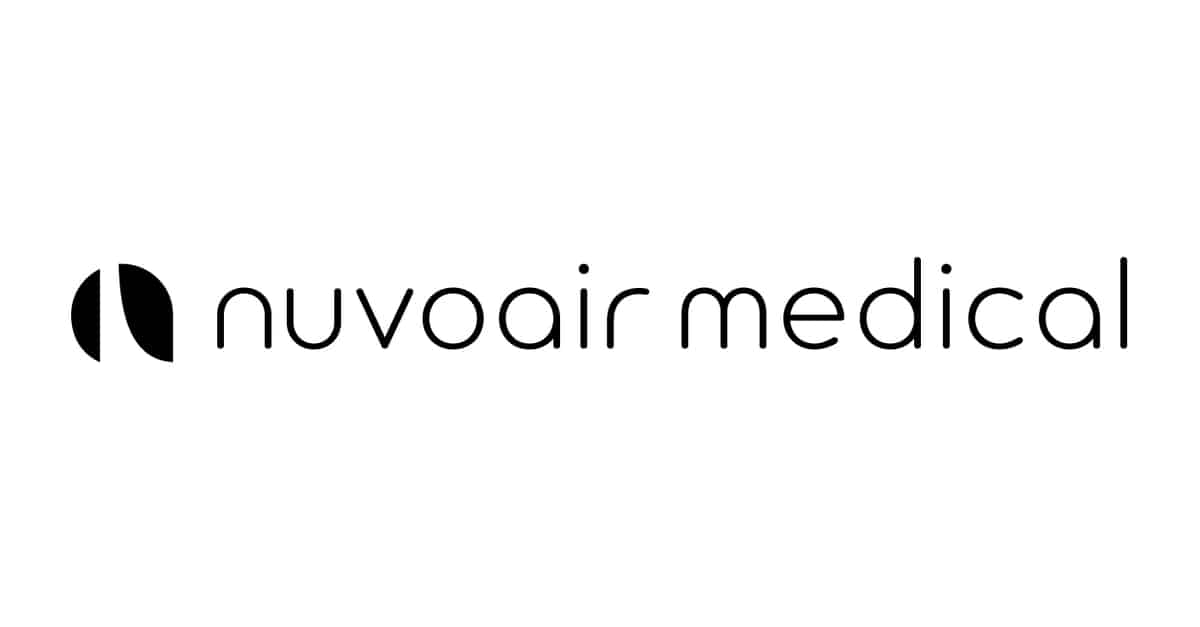
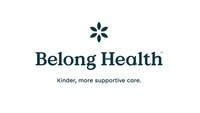

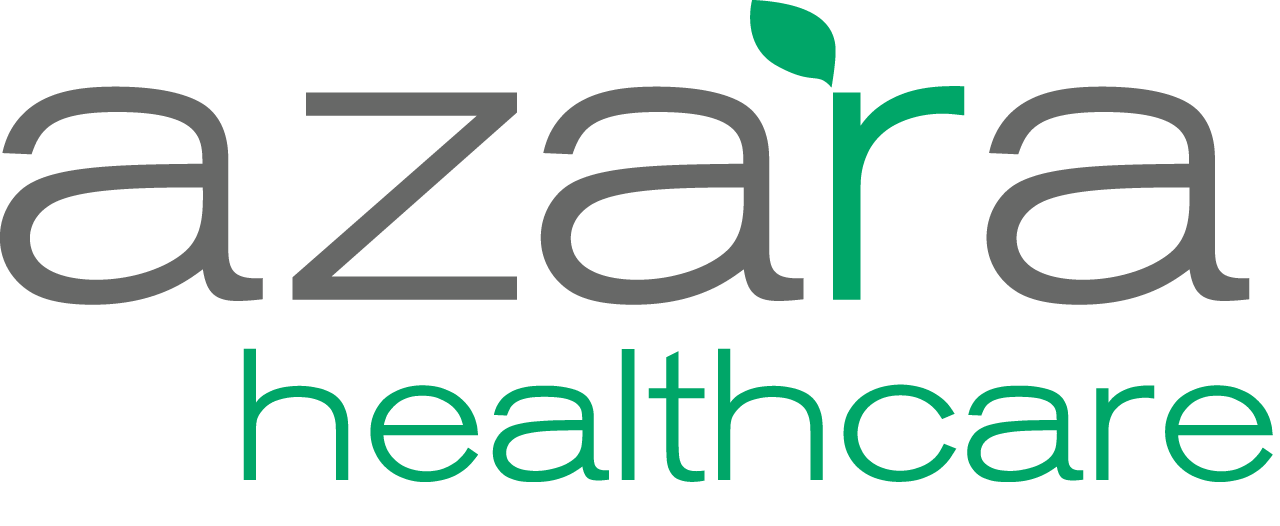


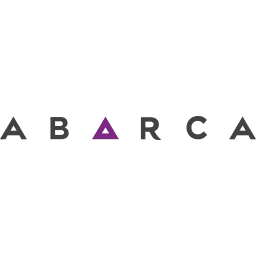




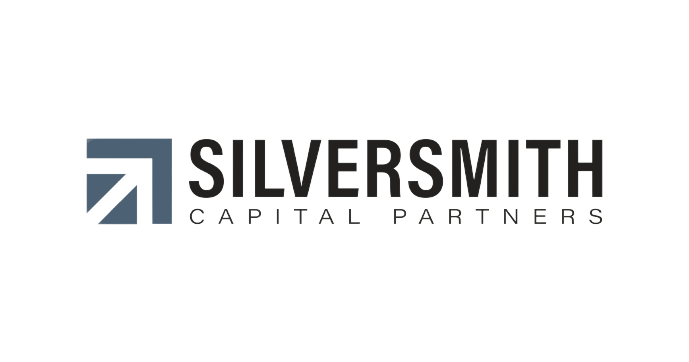
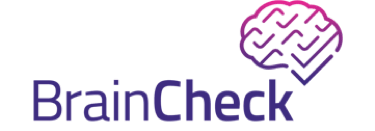

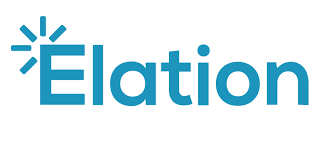
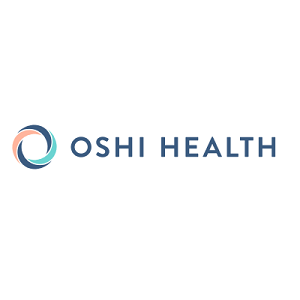
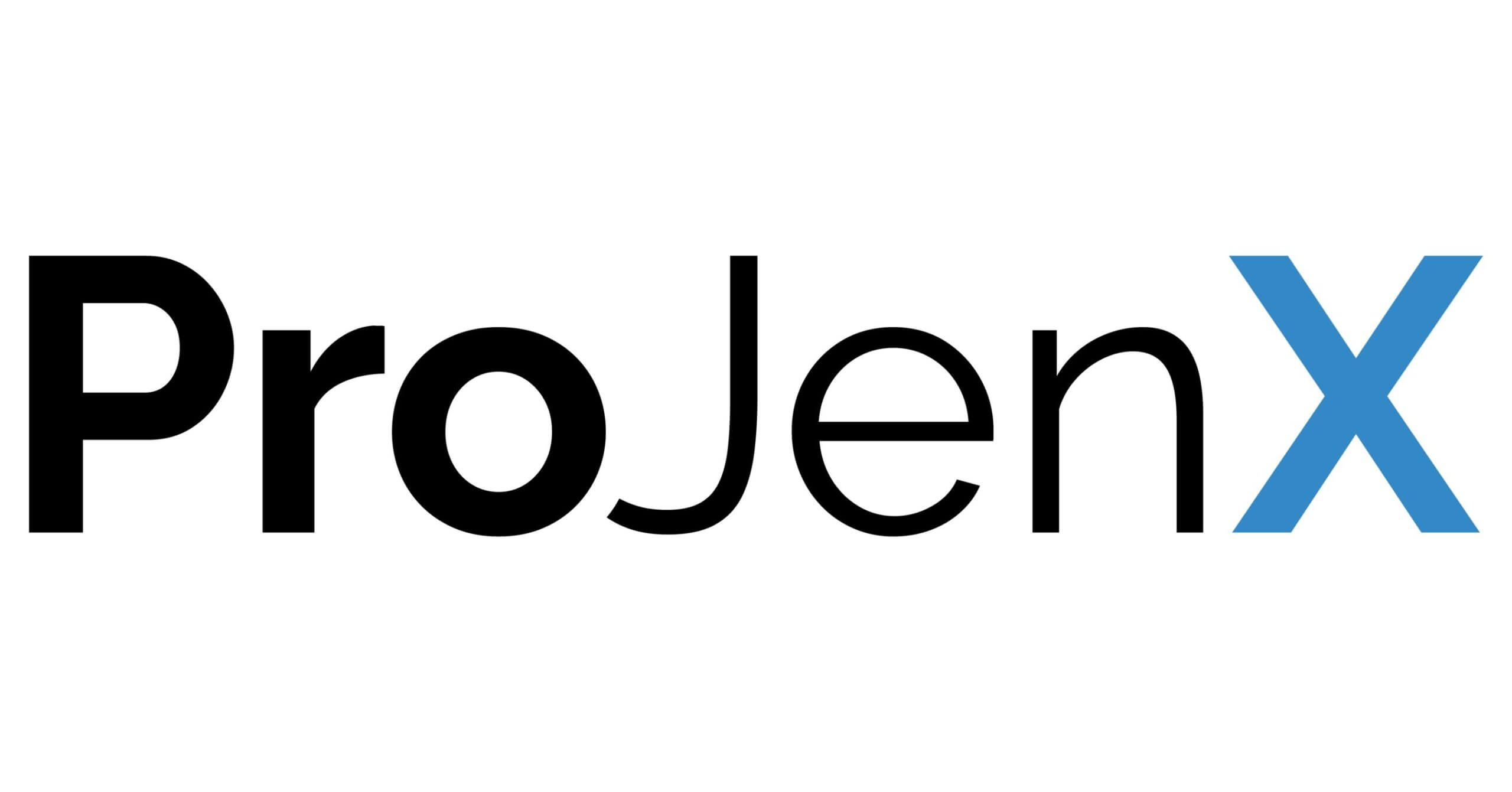

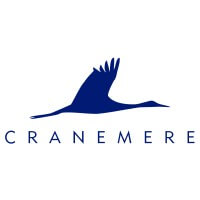


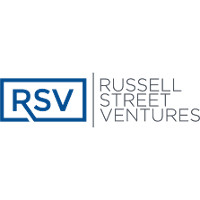

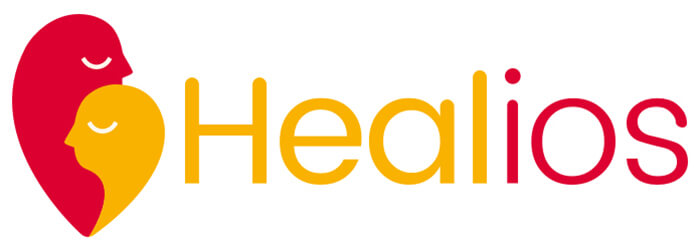

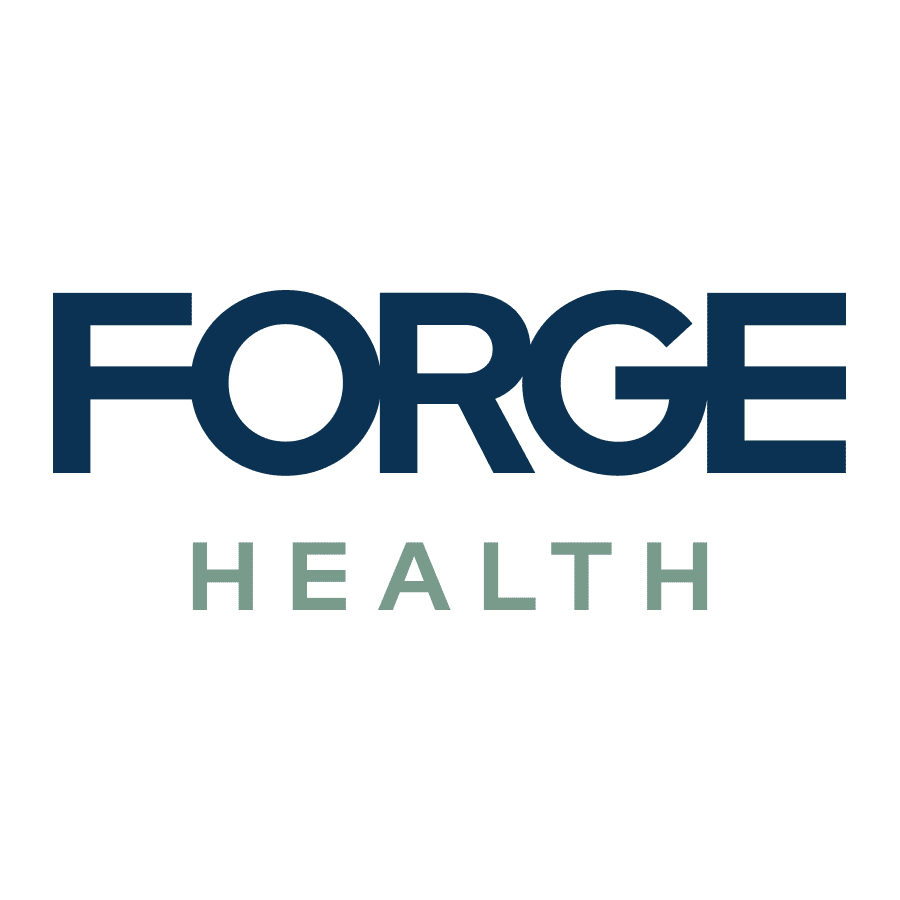
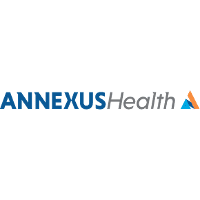
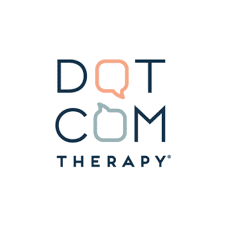
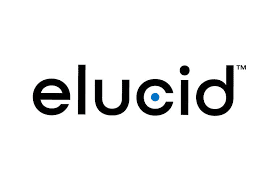

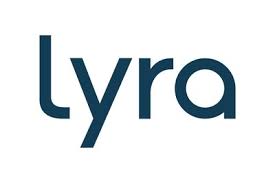
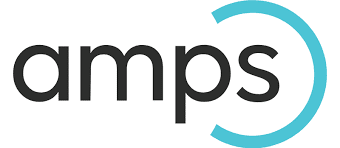

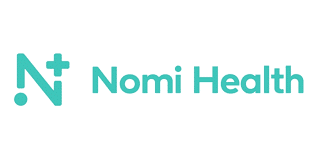

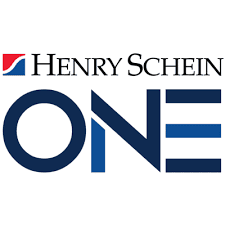

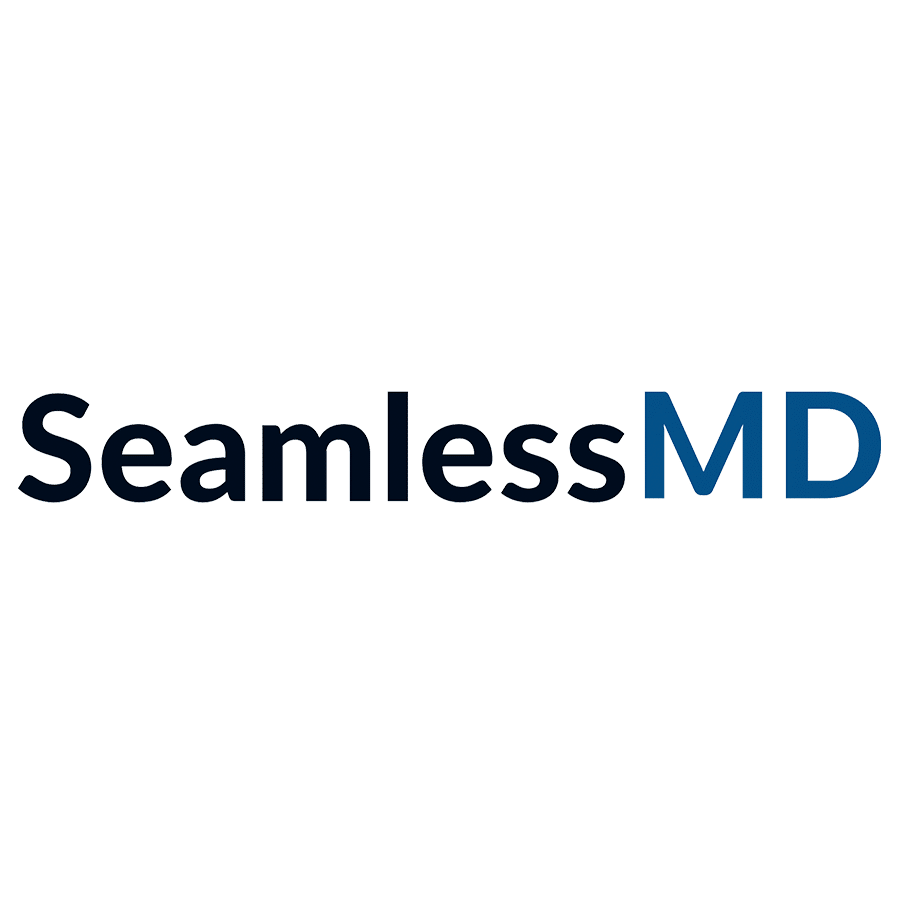
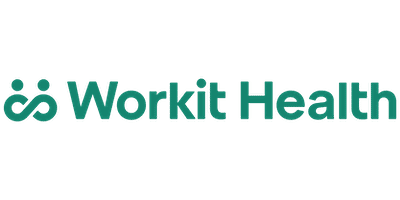







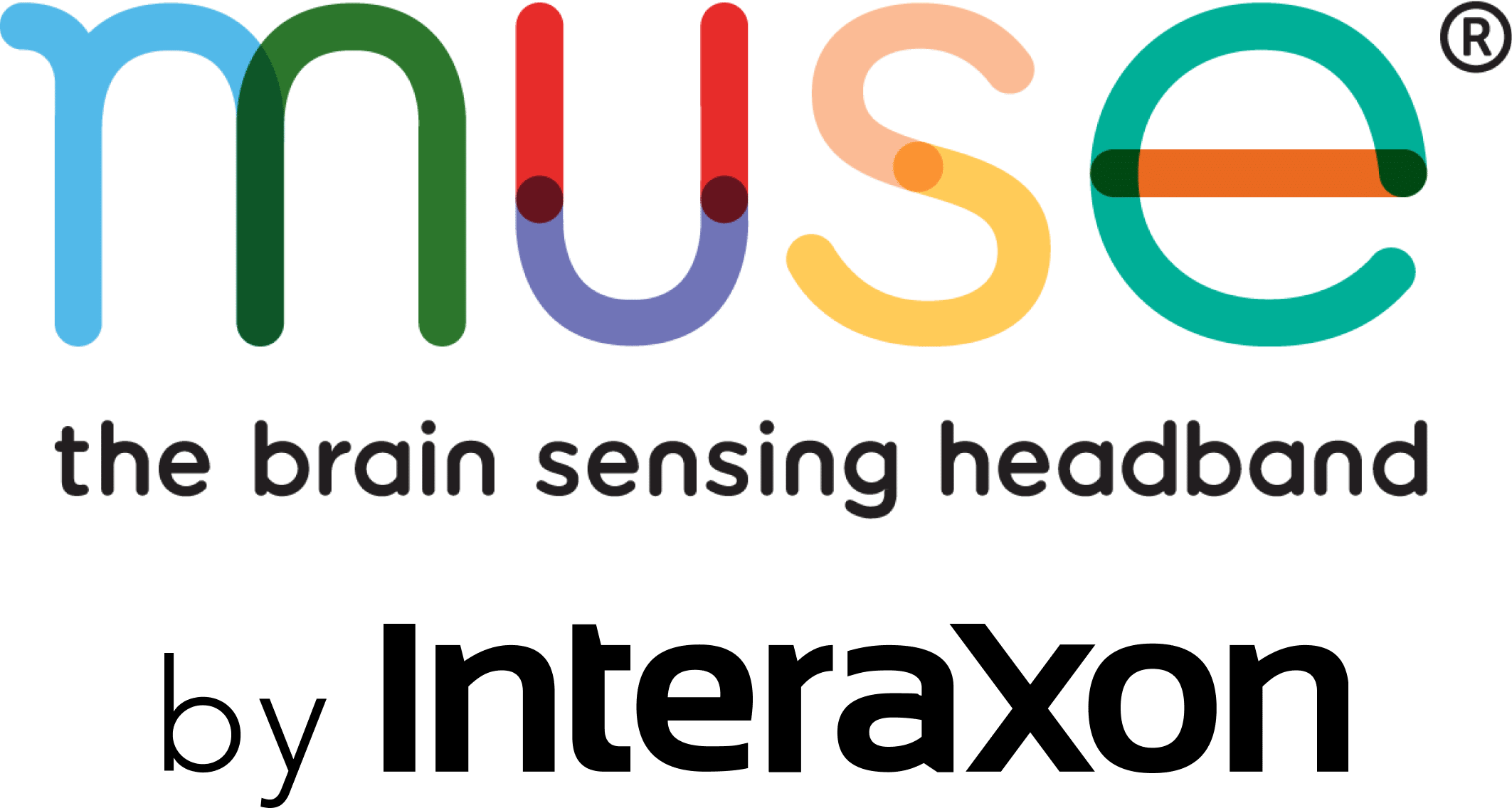

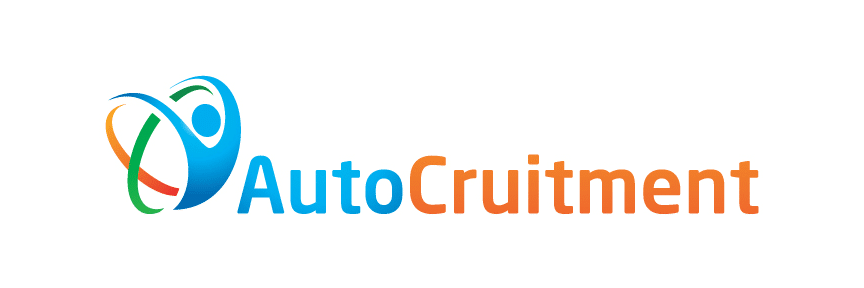
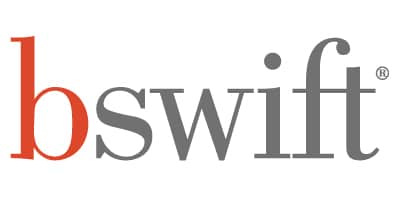
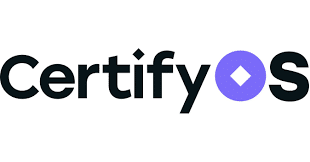
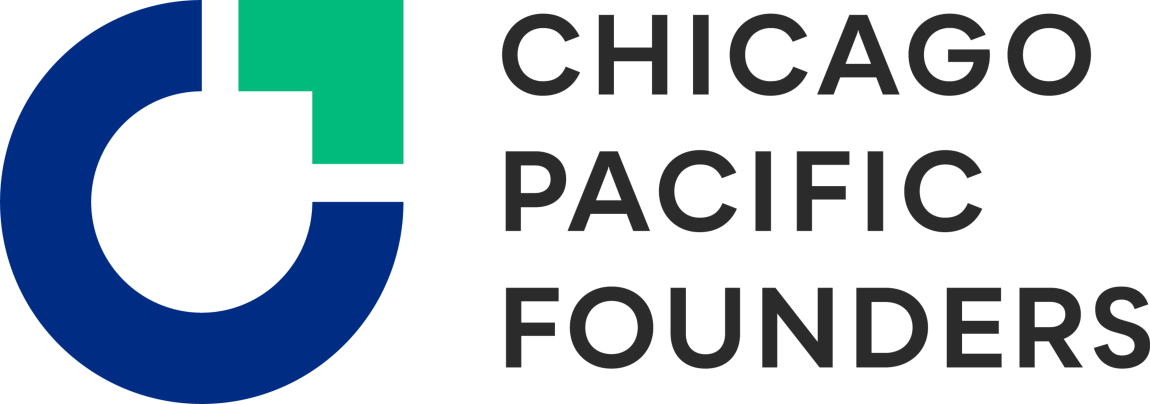

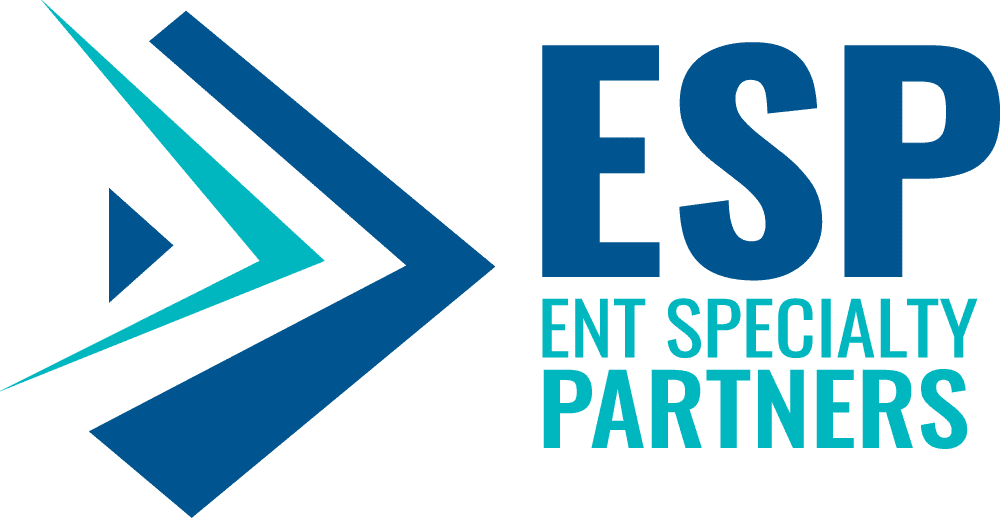
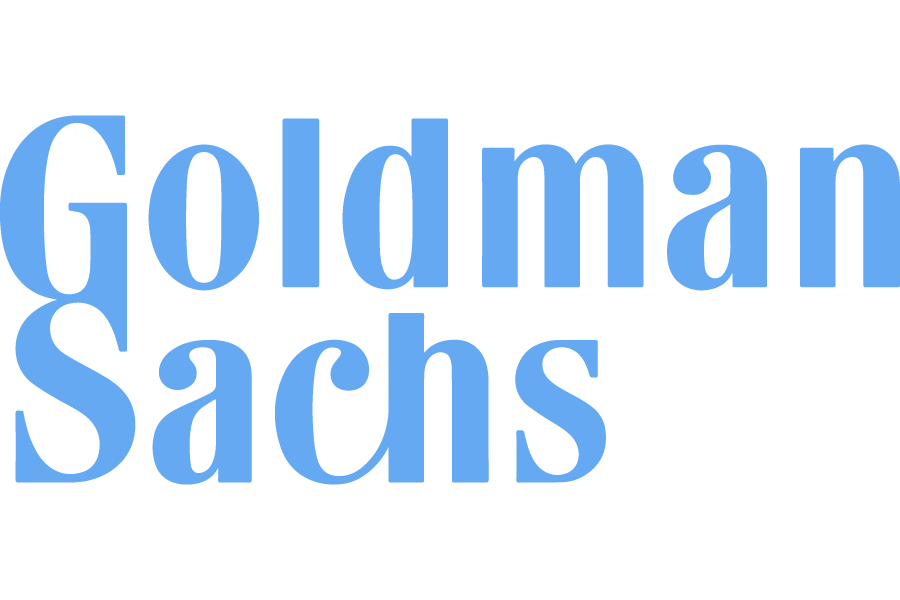
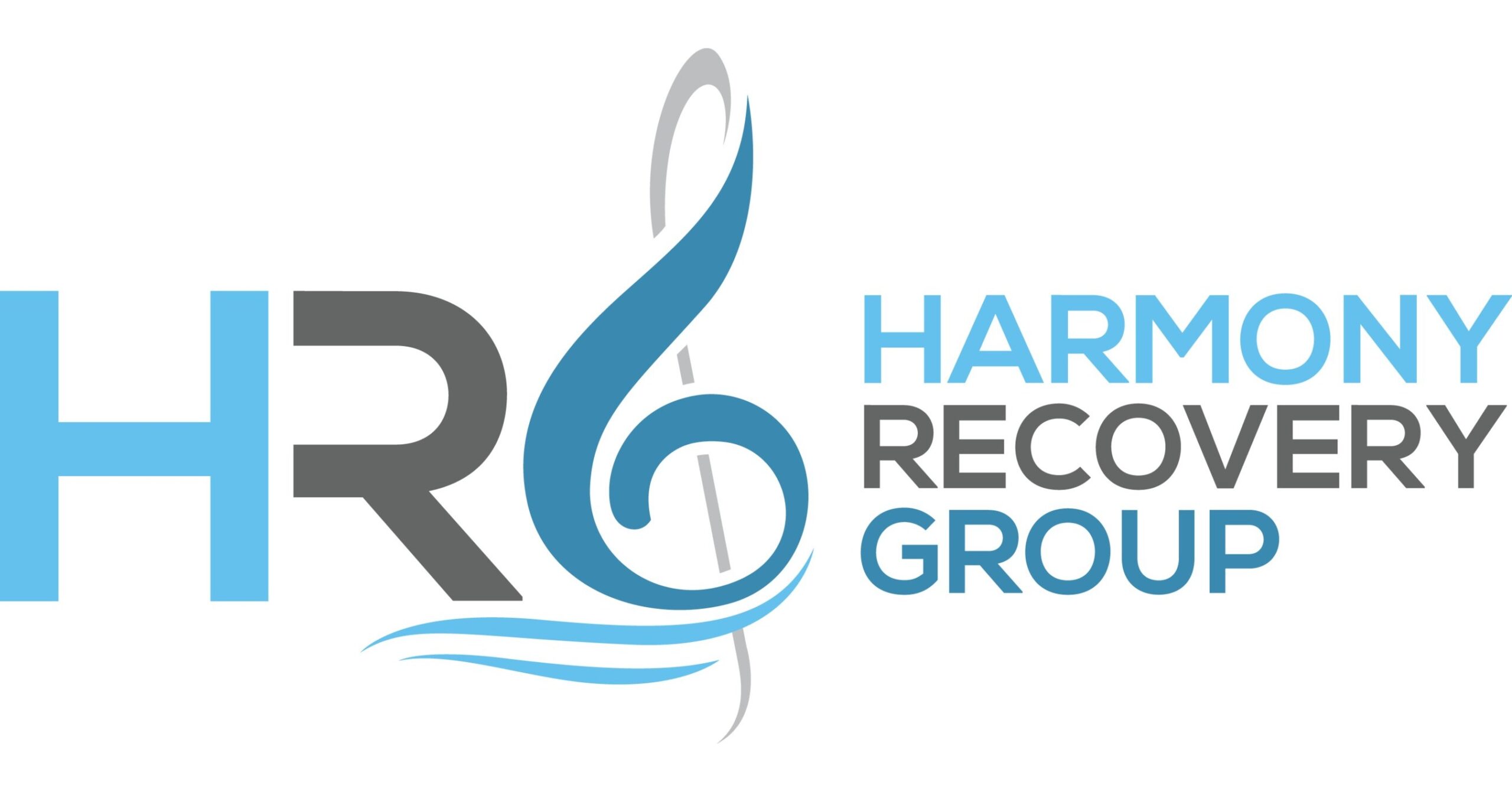

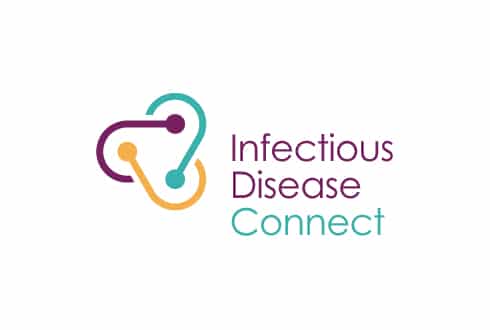
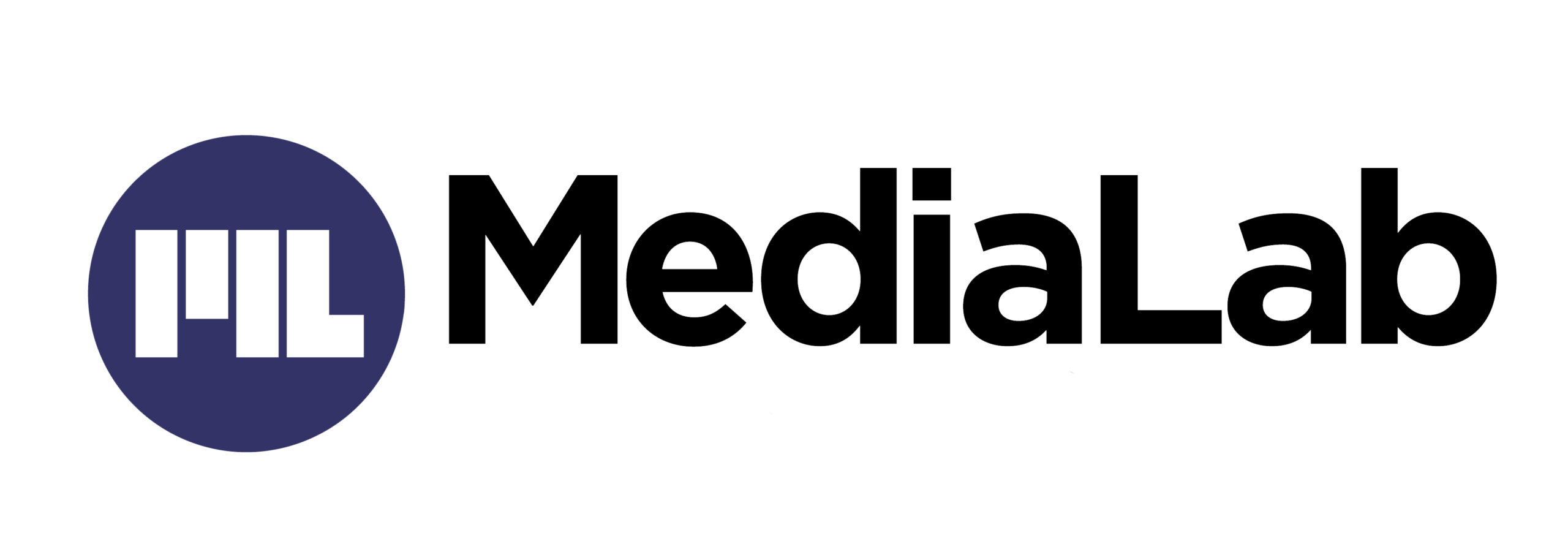

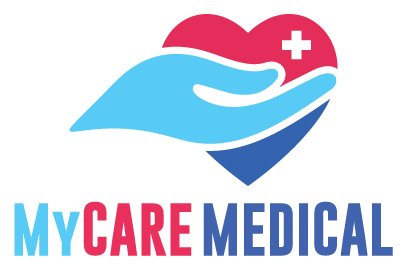



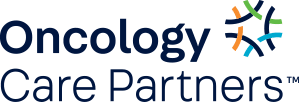

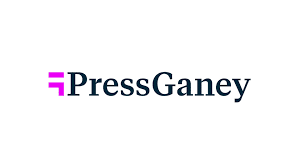
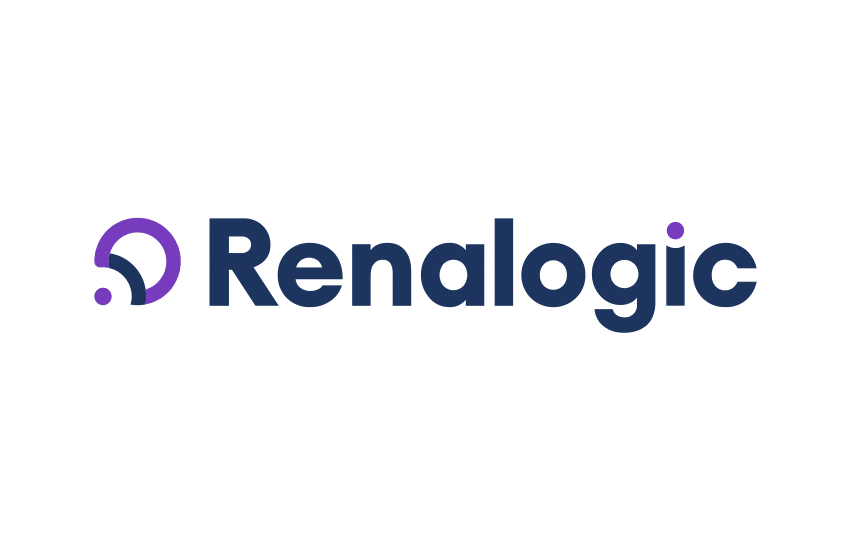

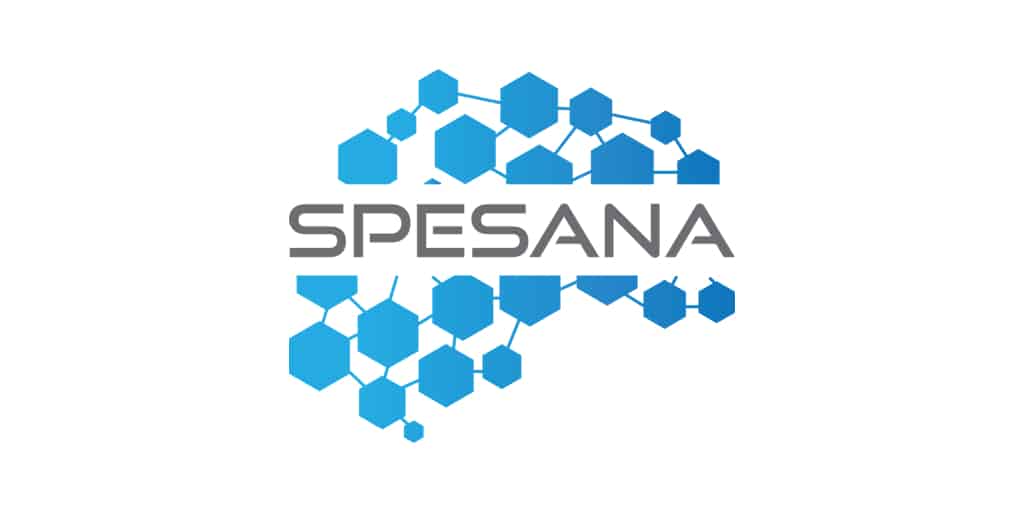

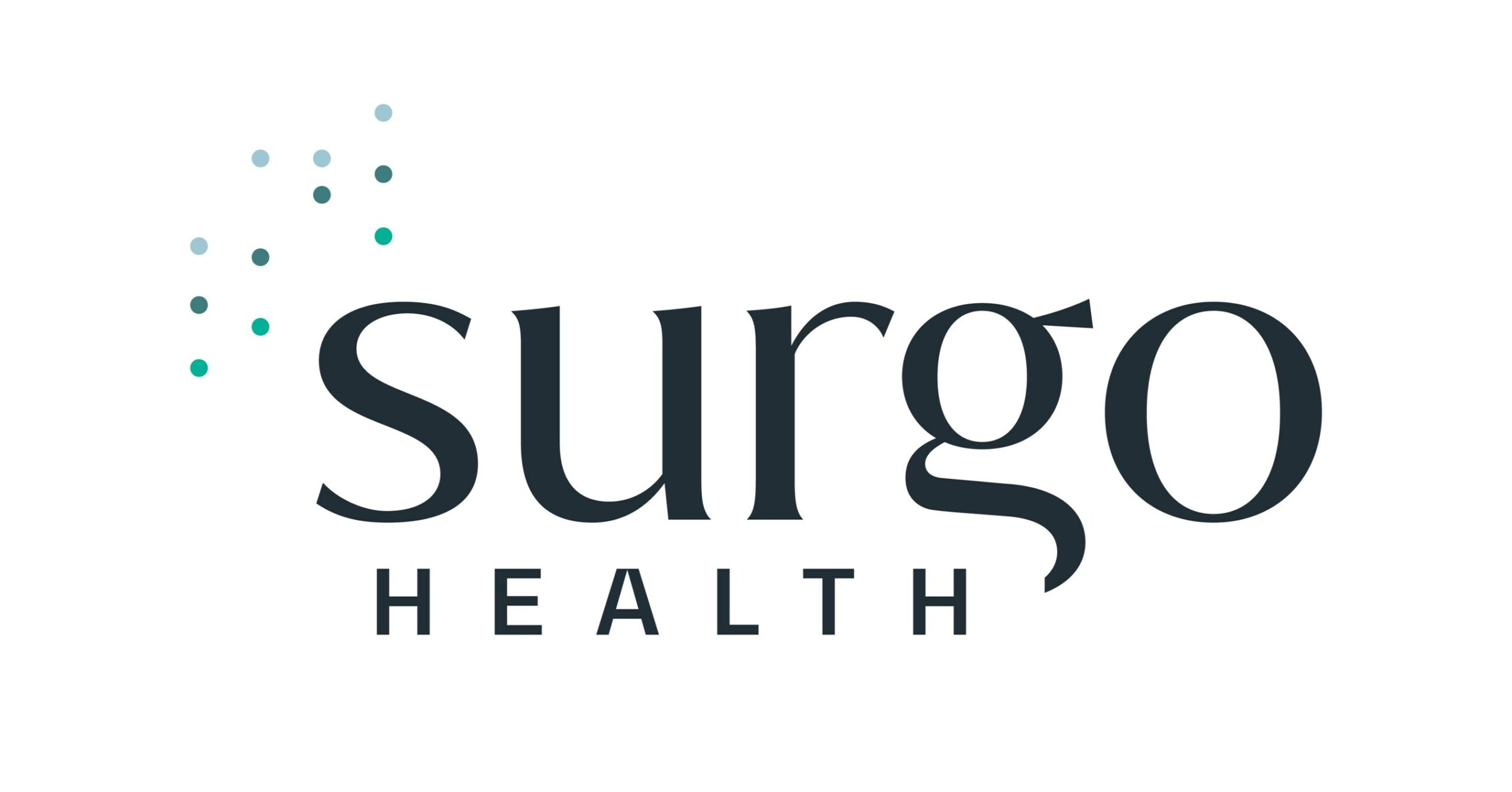


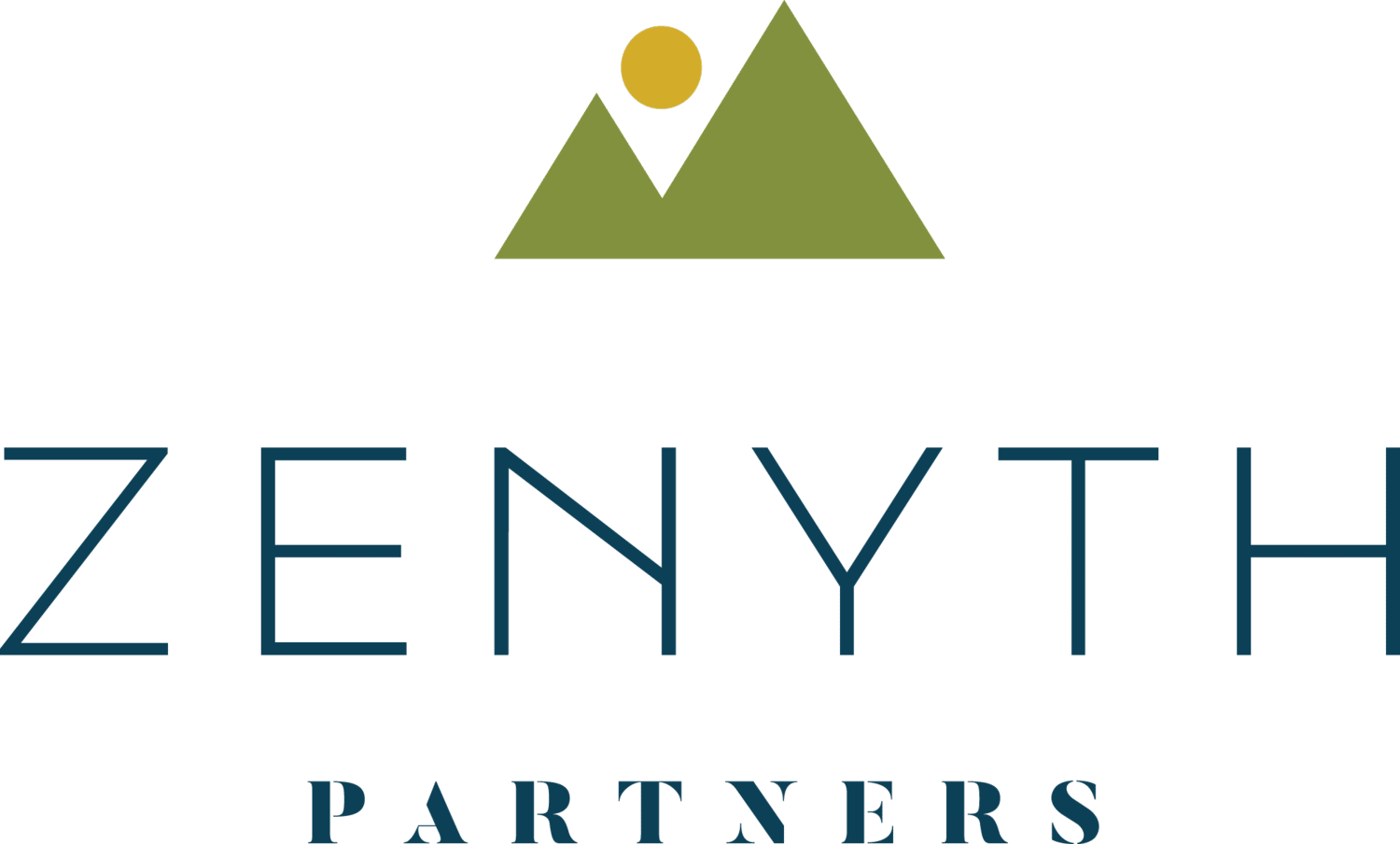

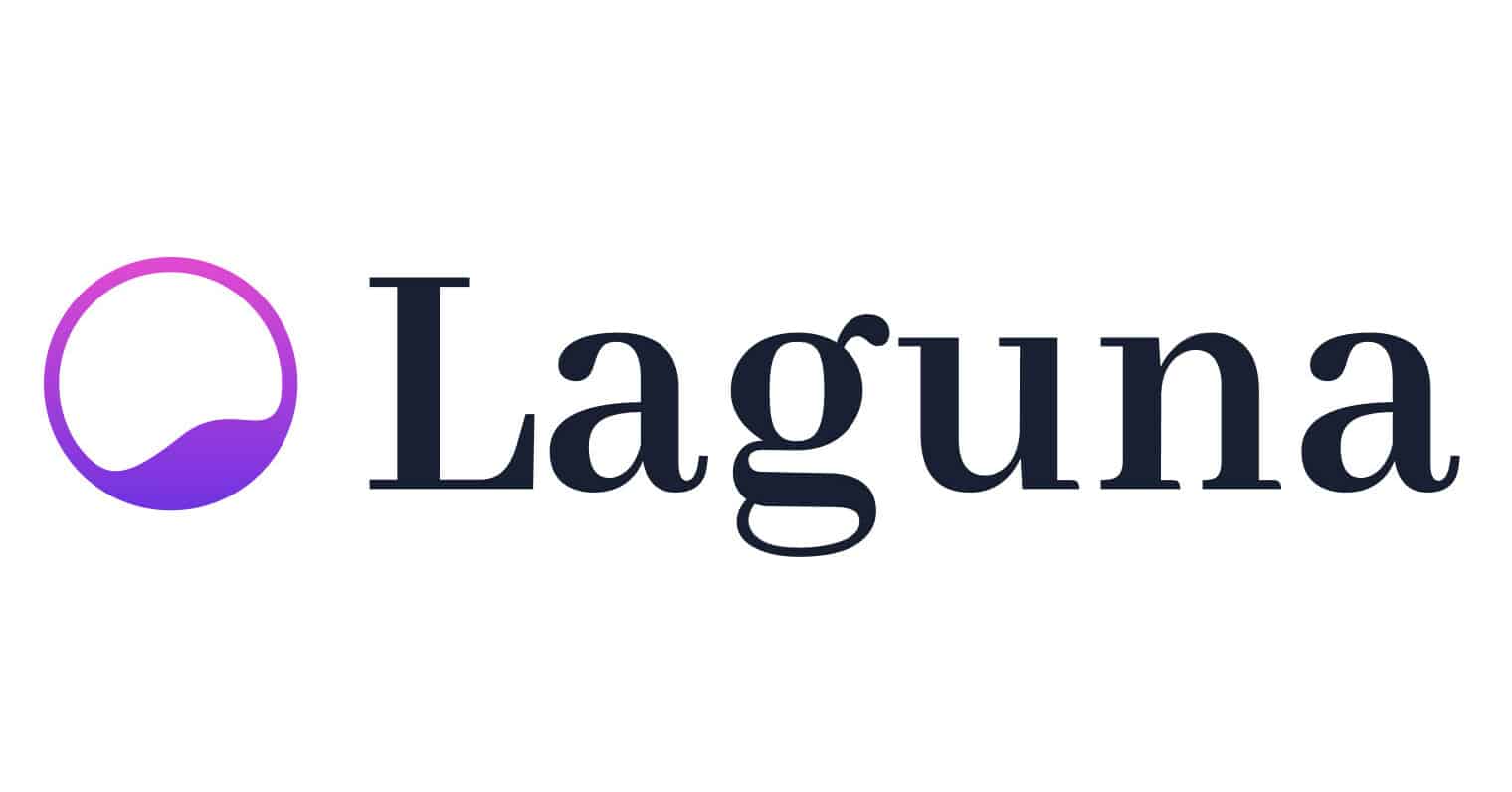

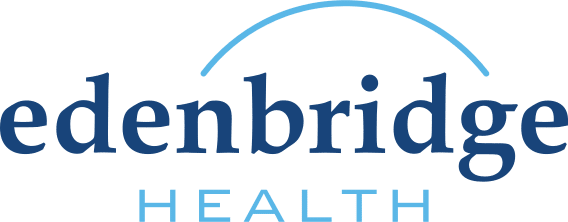
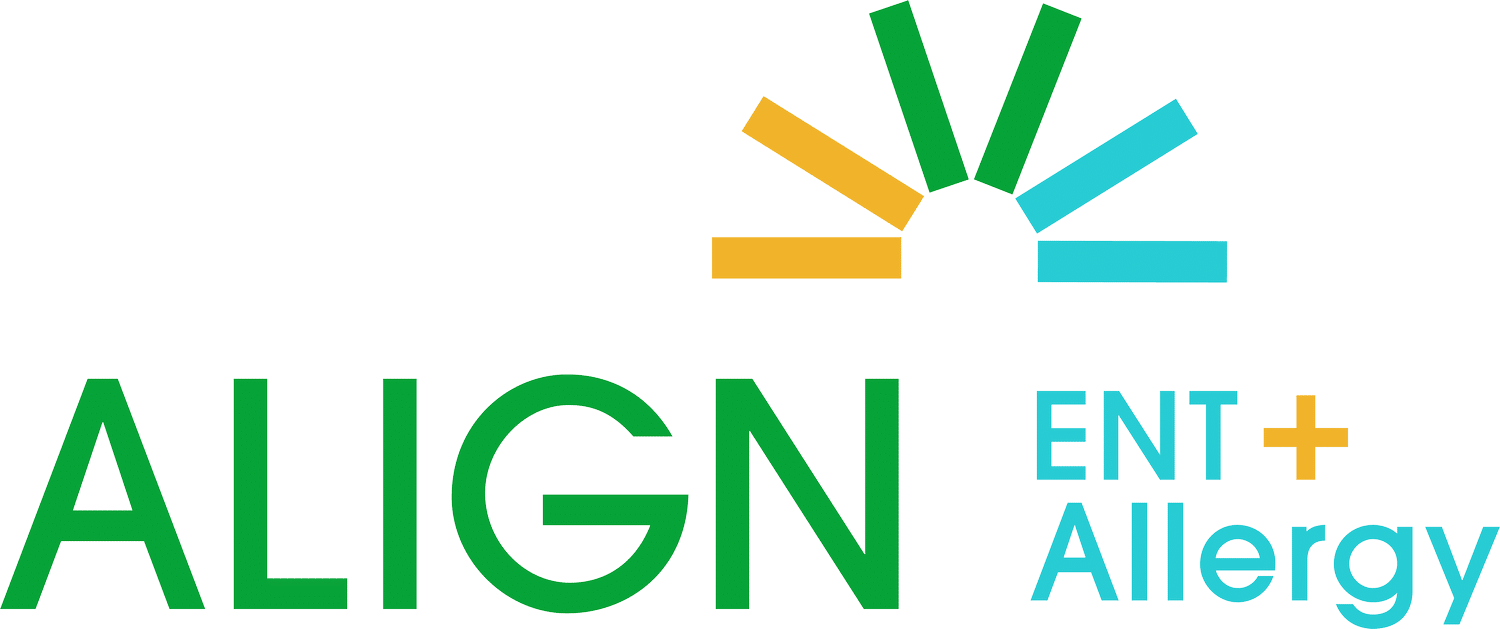






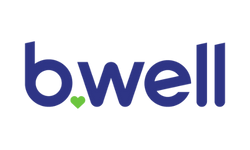




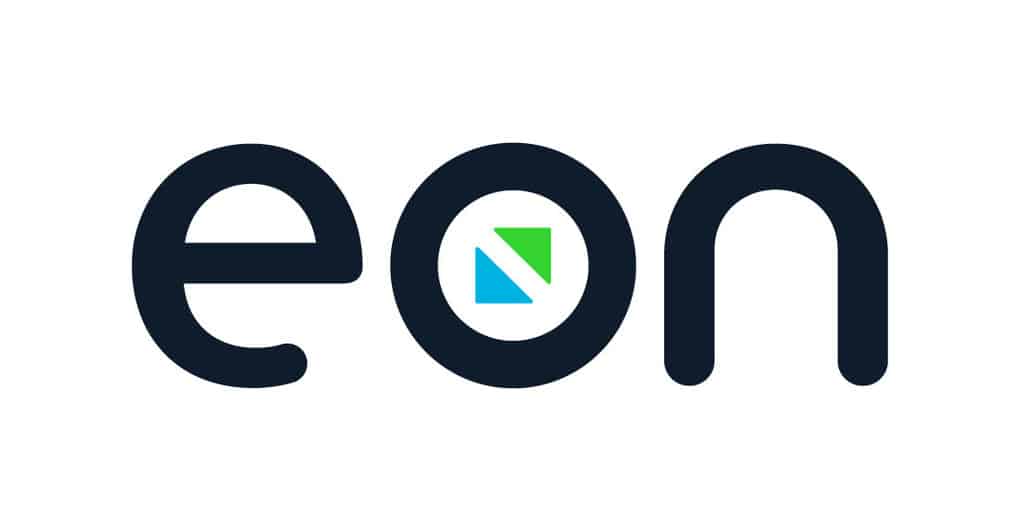
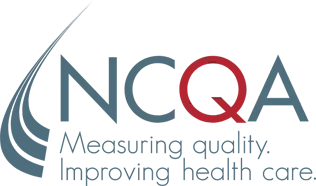
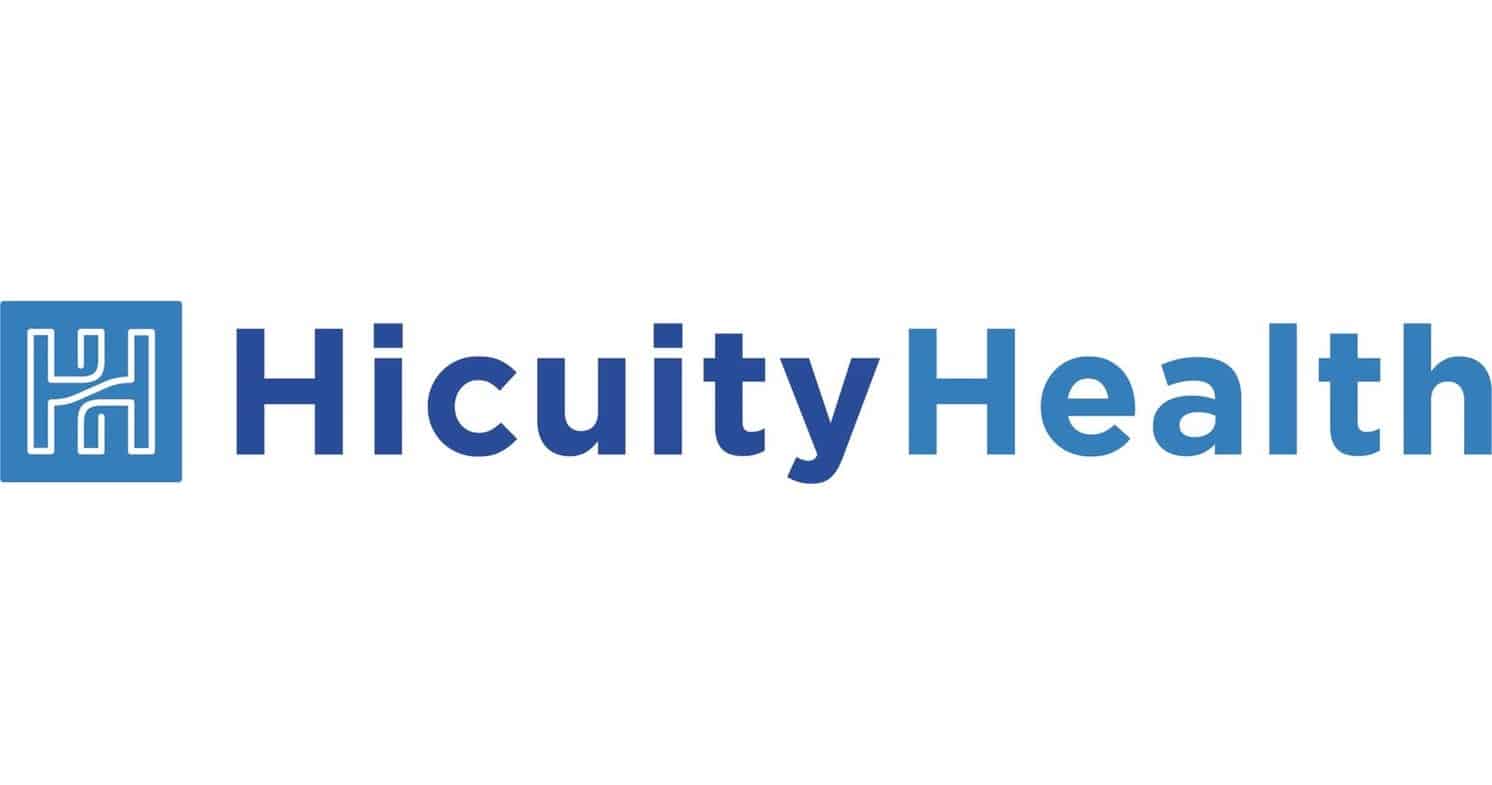



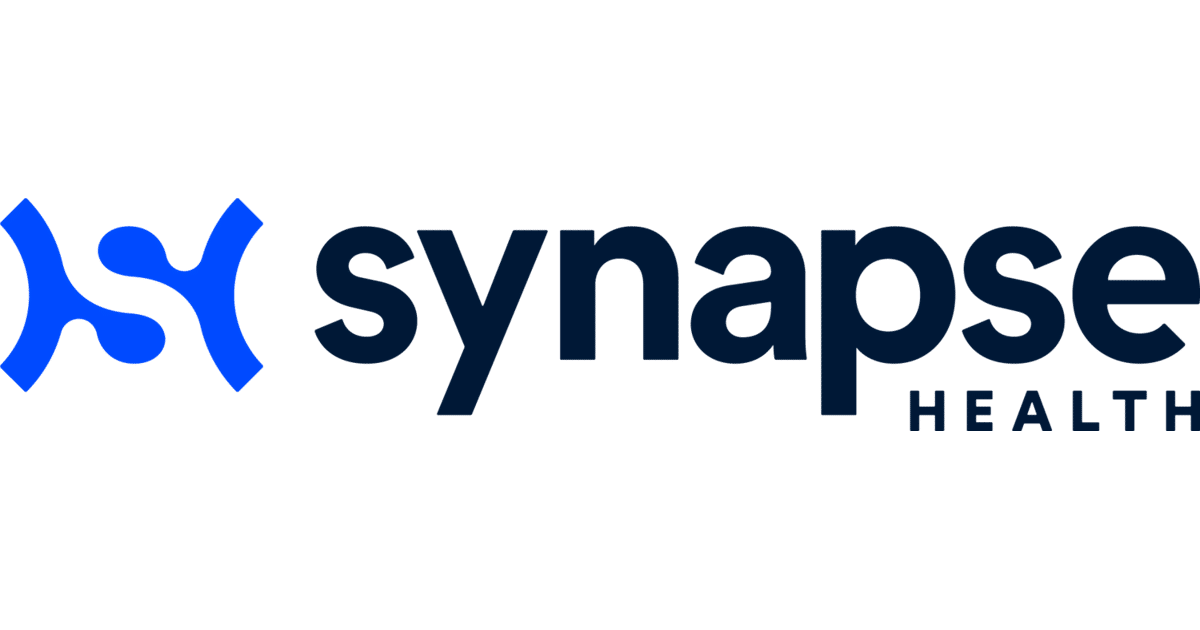
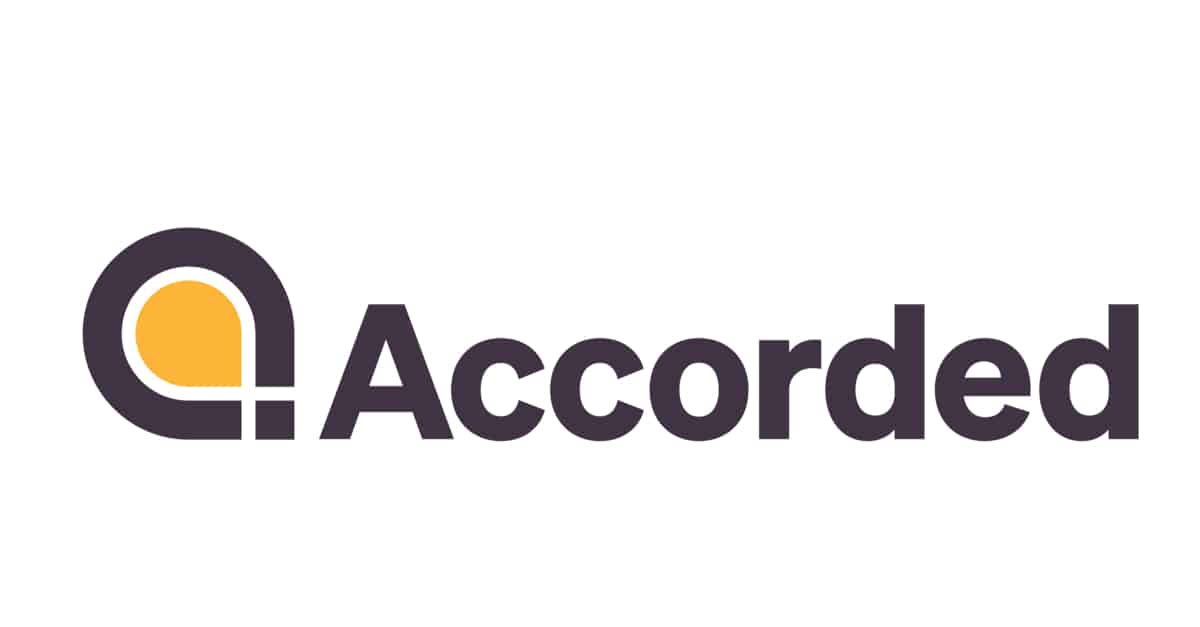


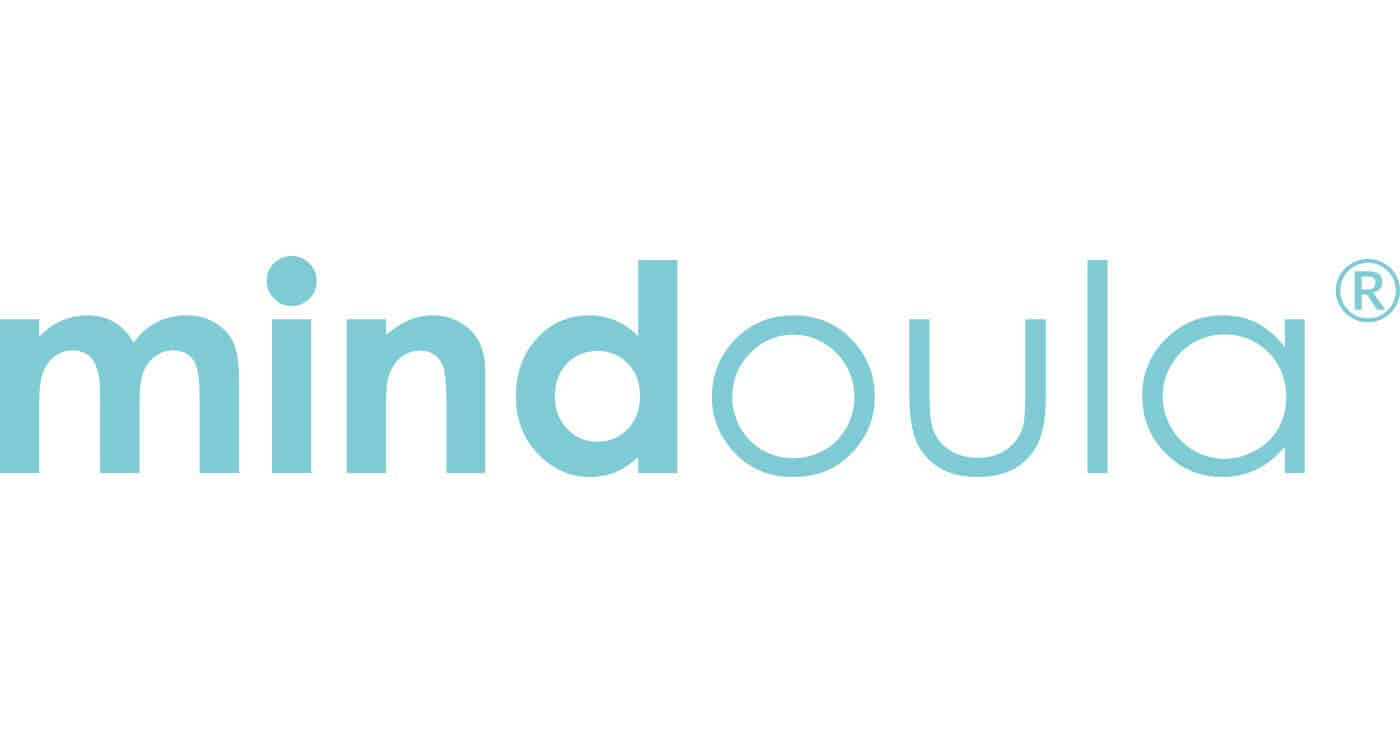

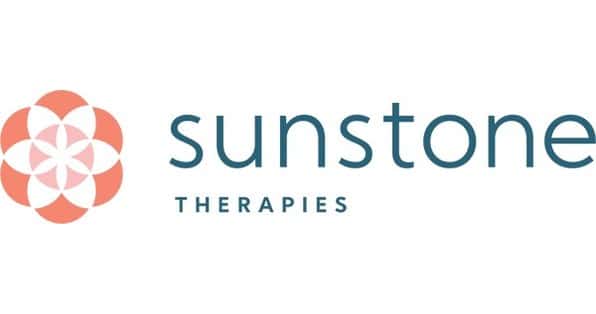
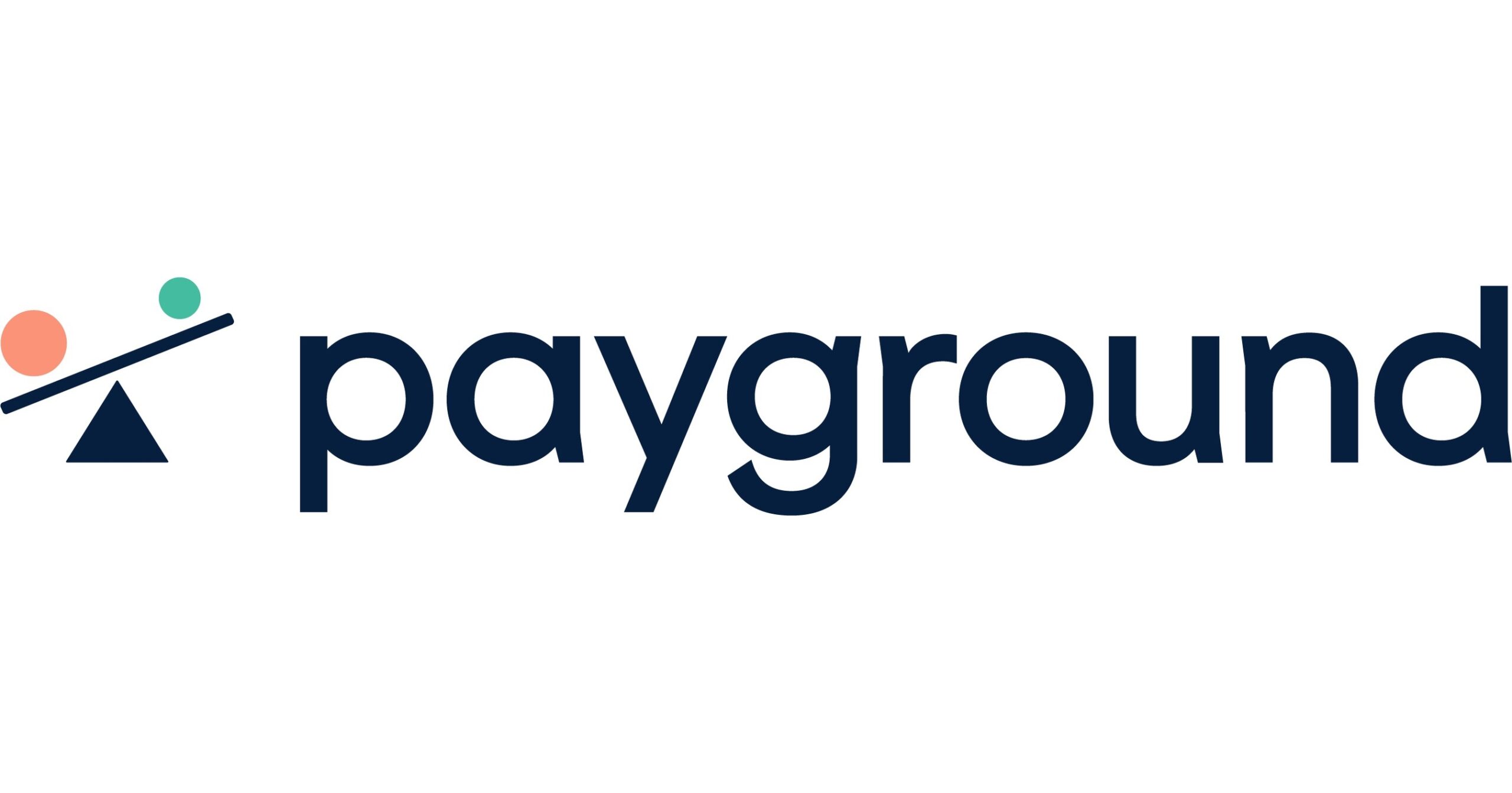



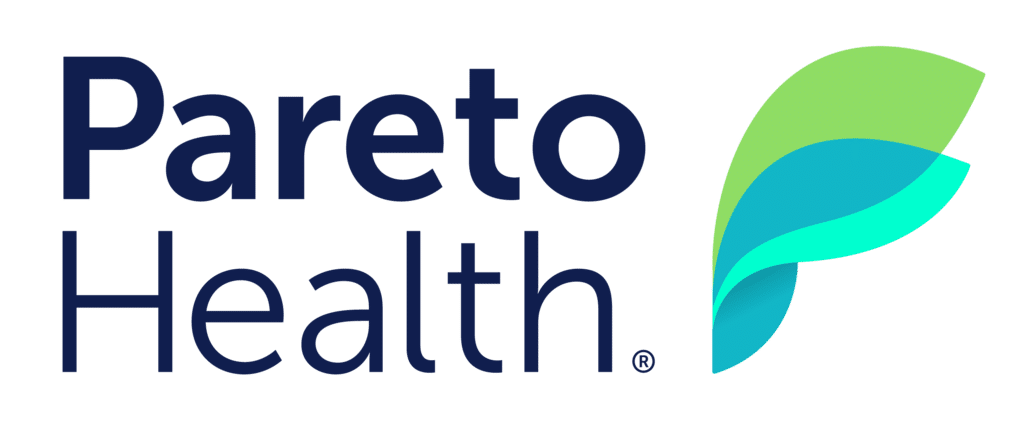
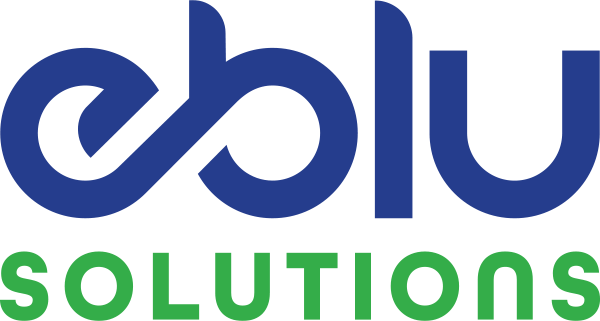

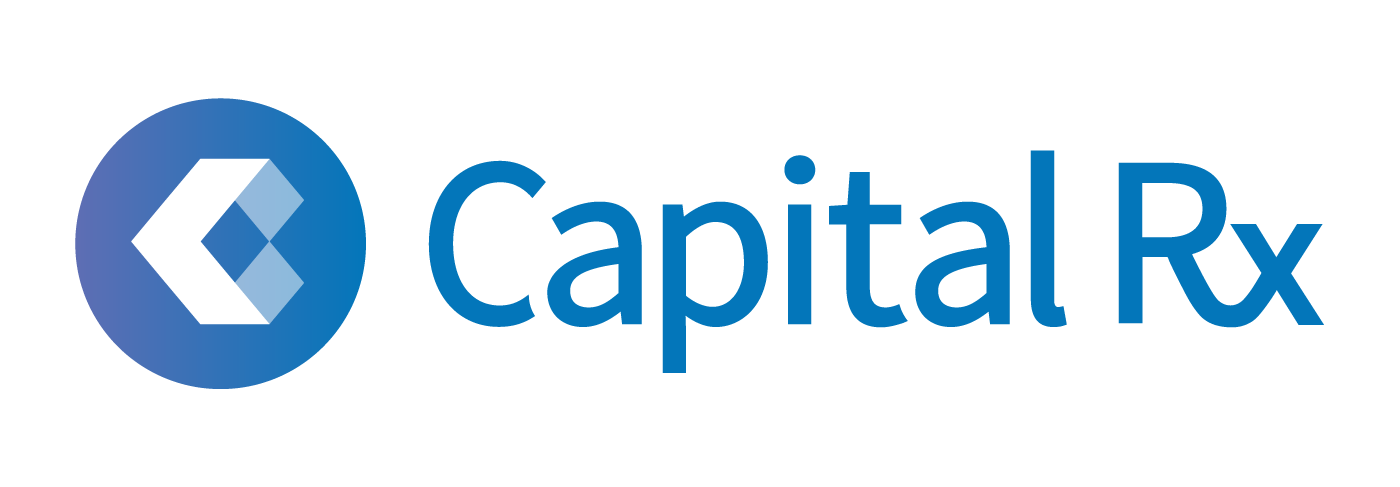
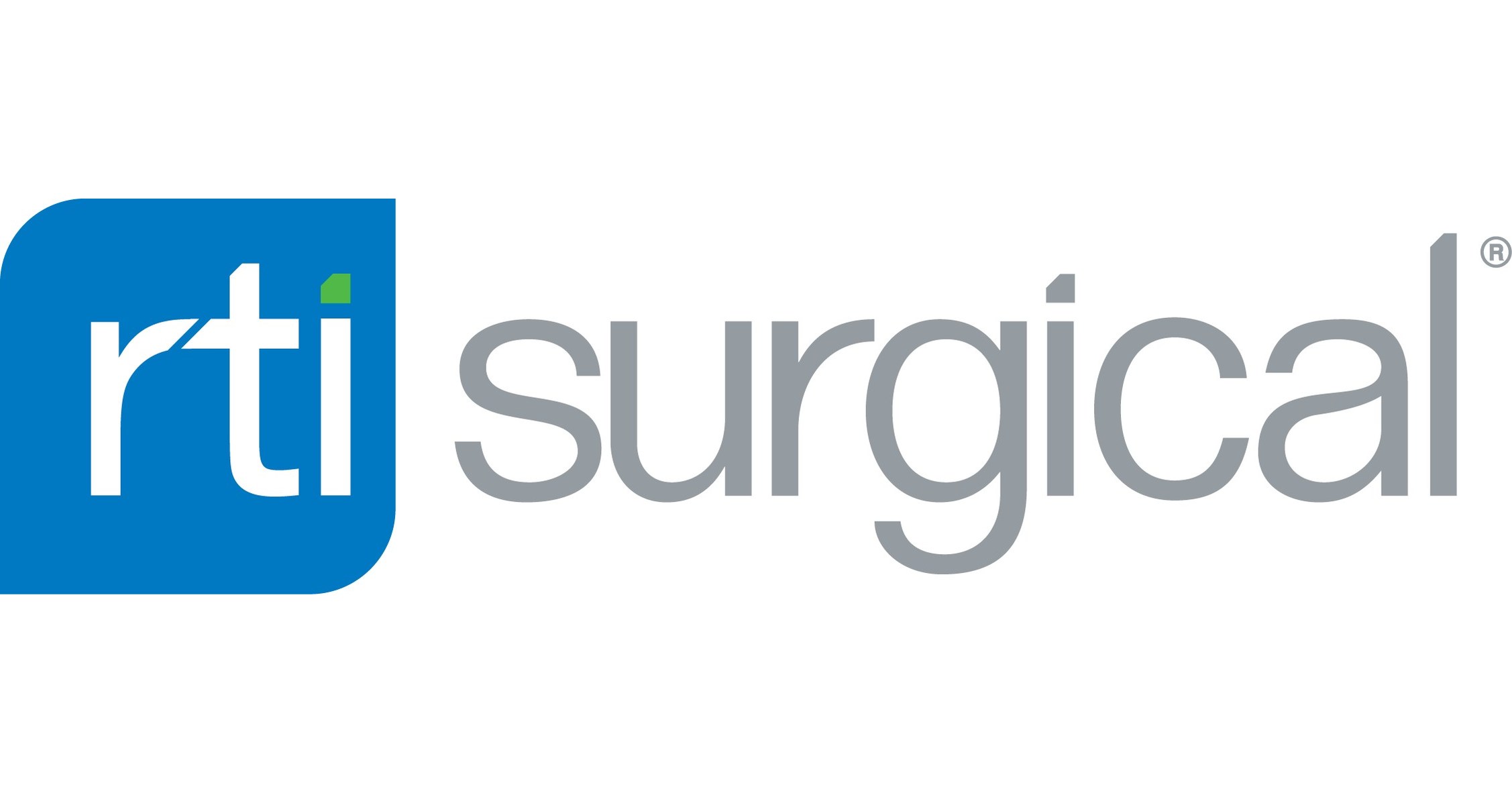


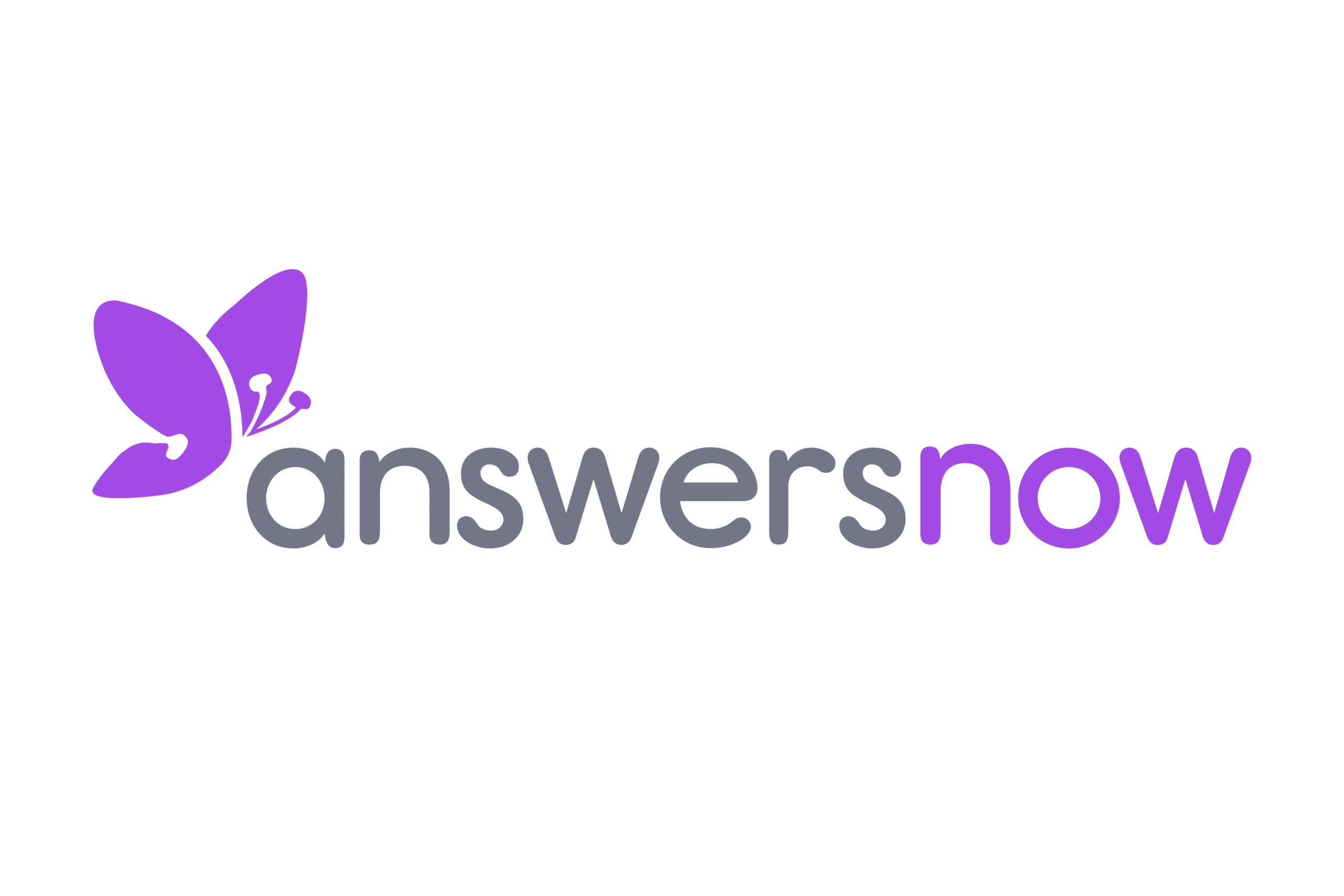
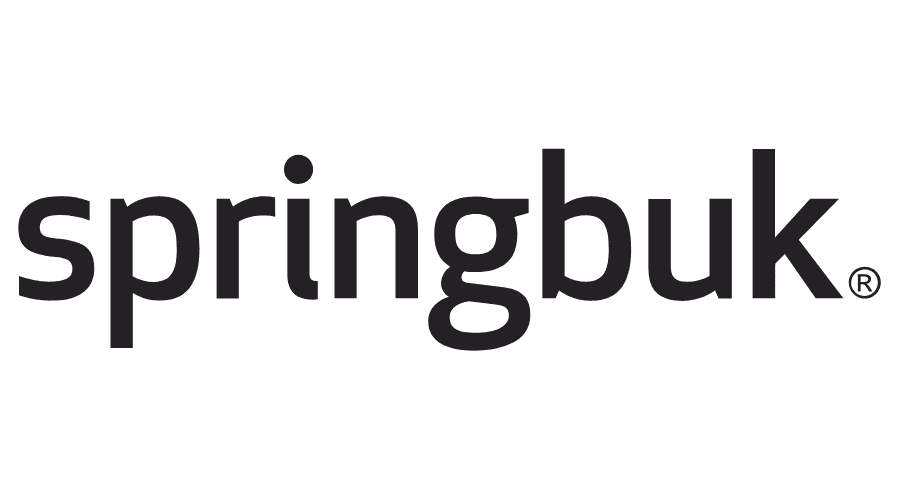



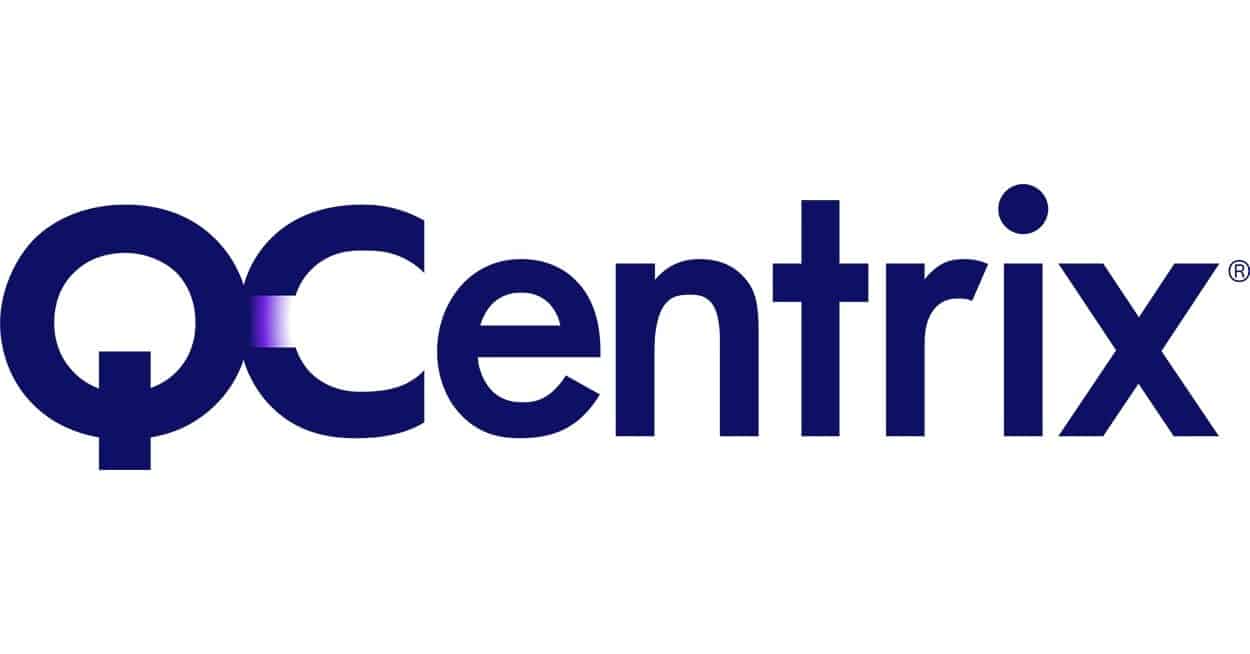





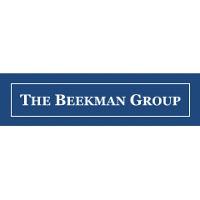



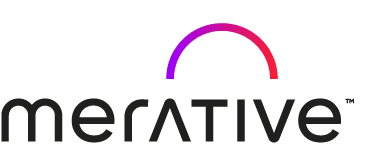

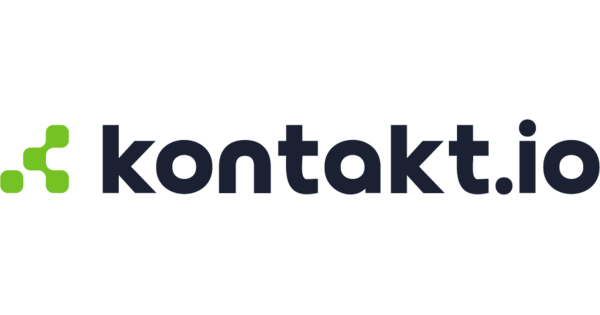

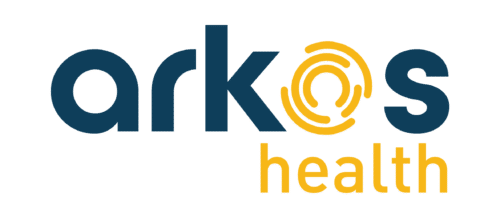















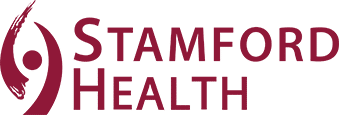






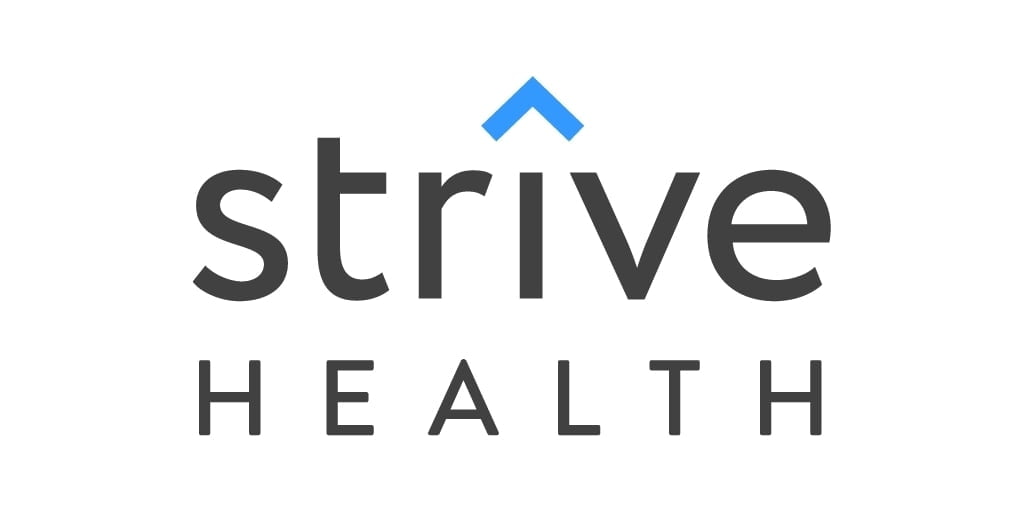



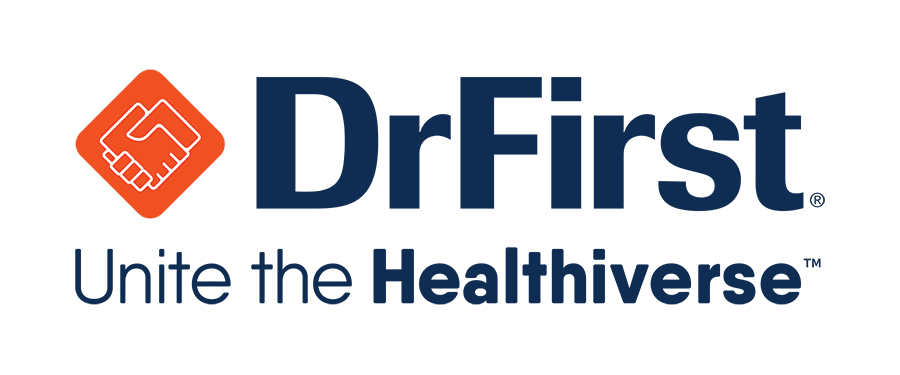


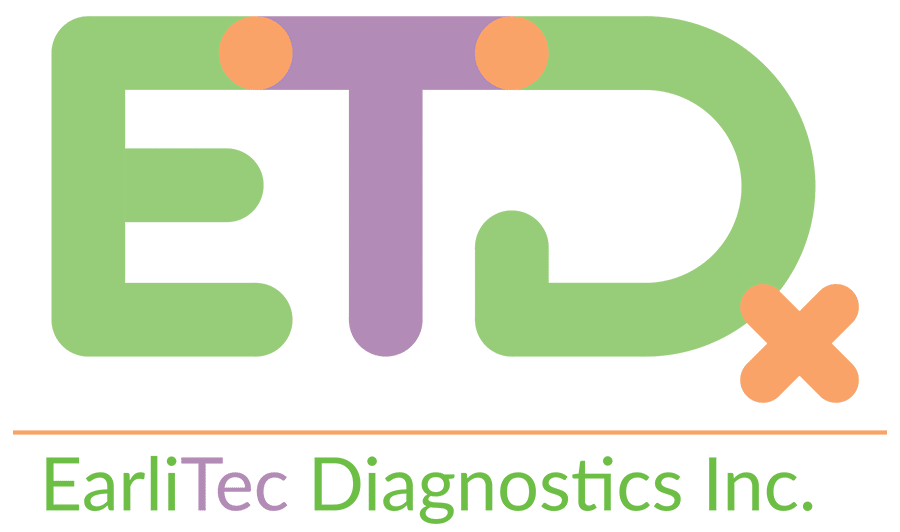


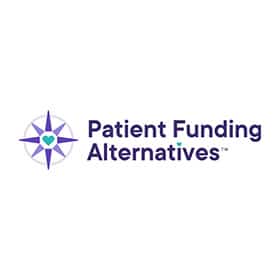

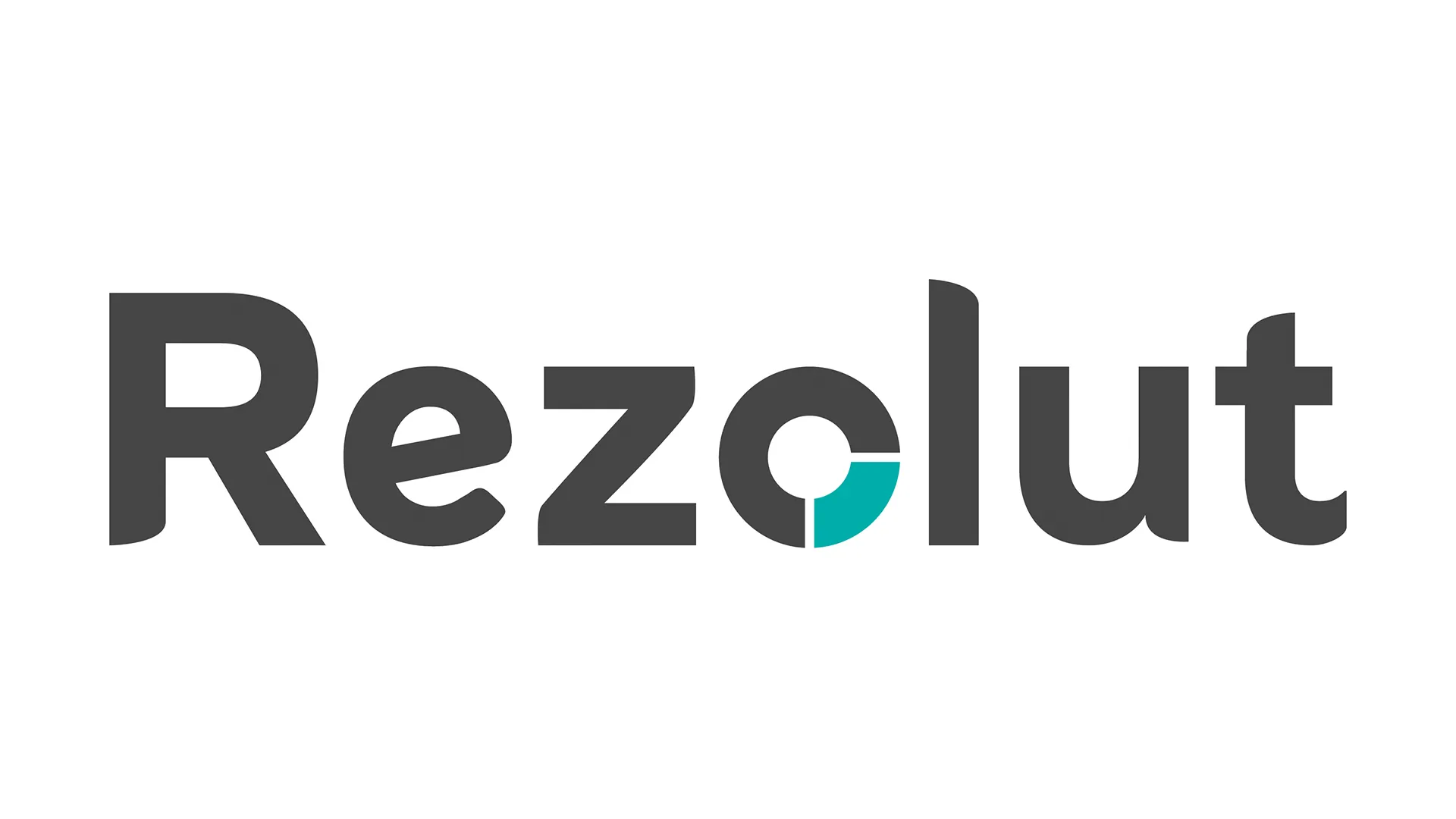


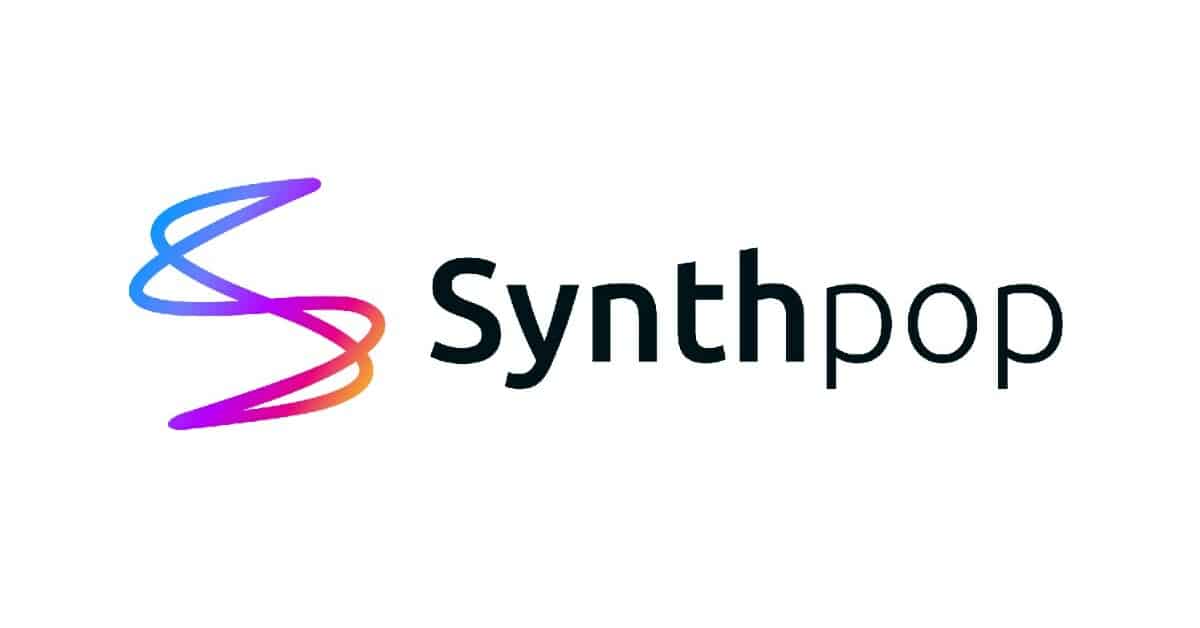


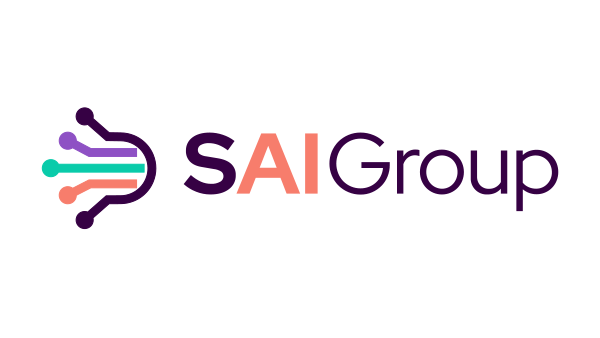


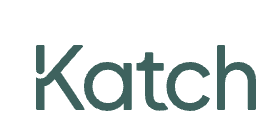
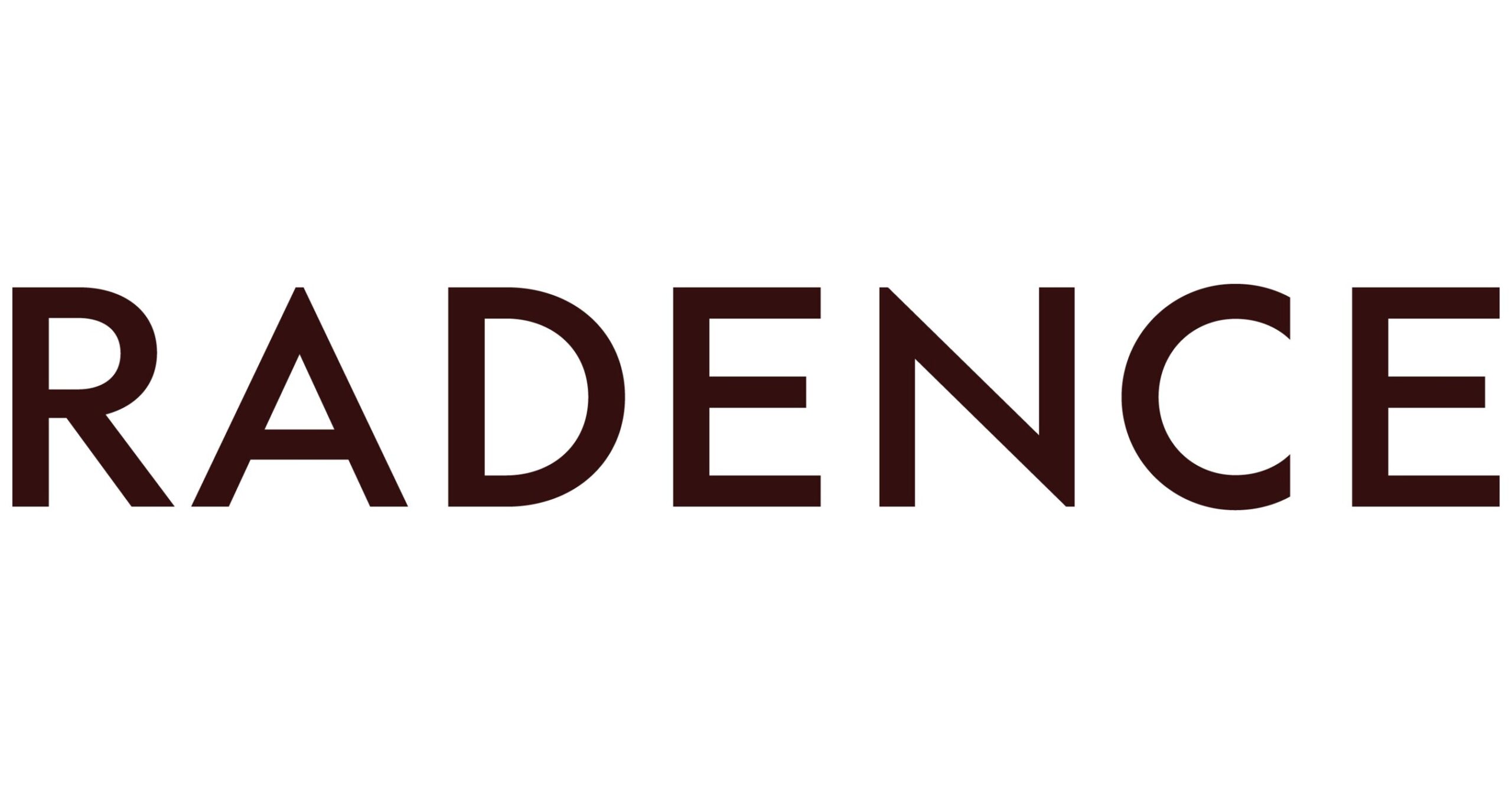
The limitations facing us today during the COVID-19 pandemic require hiring managers and candidates to find new ways to get comfortable getting to “YES.” As Warren Buffet famously said, “You will never see eye-to-eye, if you don’t meet face-to-face.” Without traditional in-person interviews and social interactions, both the hiring manager and the candidate in a recruiting process need reassurance that there is alignment beyond just skill set and experience. As a retained executive search firm, we are seeing increasingly innovative ways to overcome these significant obstacles.
Whether you are a candidate or an employer, you need to think creatively to put your best foot forward. For companies, invite candidates to a virtual office tour and meet team members along the way. Invite them to observe a company meeting remotely. Let them speak to your clients. For candidates, make sure you provide your potential employer with more than just your resume. Send examples of your work — presentations you have done, videos of public speaking, etc. — anything that can provide a deeper insight into your strengths.
While everyone is conducting virtual interviews via Zoom and other platforms, how can you create opportunities for social interaction beyond the interview? What helps answer the question, “Are we compatible?” Some of our clients are getting creative by hosting virtual drinks or dinner so that they can have a more casual and personal meeting with candidates. This is really a social opportunity rather than an interview that will help gauge personal chemistry, culture, and values.
Many of us have taken personality assessments like Myers-Briggs to better understand our working styles, but there are other tests that are far more actionable and predictive when considering the right “fit.” Many of our clients use these kinds of assessments that focus on the candidate’s “fit for the job” by assessing personality and thinking styles, and comparing them to everyone else at the company-specific level. These tests now have the ability to analyze an individual’s EQ and interpersonal strengths, and how that matches with the rest of the team. While many progressive employers have already adopted some type of personality assessment as a key component of their candidate evaluation, in this environment every employer should consider utilizing these more advanced capabilities to get better insights that we normally attain through in-person meetings.
Additionally, we are seeing candidates for the same reasons show interest in doing the same for their potential supervisors. The insights generated from these personality assessments can create a healthy medium for continued dialogue at offer stage between the hiring manager and candidate so both parties feel comfortable enough to say “Yes.”
While personality testing is one way to validate your feelings about someone based on a purely remote dialogue, reference checks can play a similar role. While it is standard for a candidate’s offer to be contingent upon reference checks, what if the decision is also contingent upon the hiring manager providing references? As unusual as this may seem, this approach can provide a strong degree of validation that the candidate needs.
For the employer, consider thoughtfully expanding your reference questions to include more about what makes a candidate “tick” versus skill sets and results alone. You may also want to conduct the reference checks personally to get the most out of the conversation.
While personality testing and reference checks can mitigate risk, most would prefer to meet in-person to ultimately feel 100% about their decision. We are seeing more offer letters contingent upon meeting in-person, giving both parties an “opt out” if there is a surprise. Naturally, at the offer letter stage, the likelihood of a surprise should be minimal, but legal language like this can give both parties the confidence needed in moving forward during these uncertain times.
During any crisis, creativity helps us all figure out ways to accomplish our goals. Our sense is that some of these new approaches may extend beyond COVID-19 and become the new norm. Either way, today these innovative approaches help hiring managers and candidates minimize the risk that there will be a surprise when they finally meet in person, perhaps after they already said, “Yes.”








































































































































































































































































